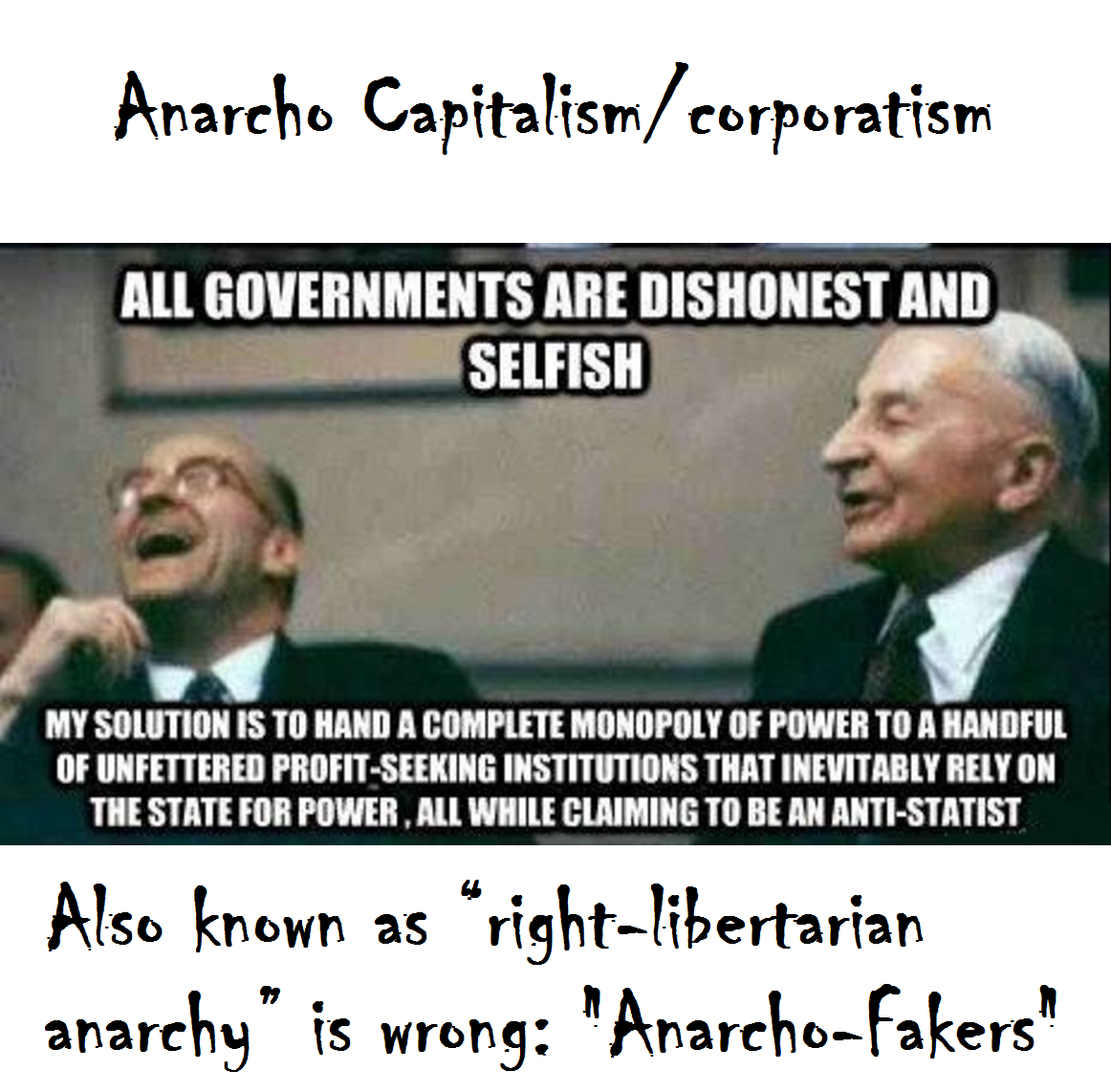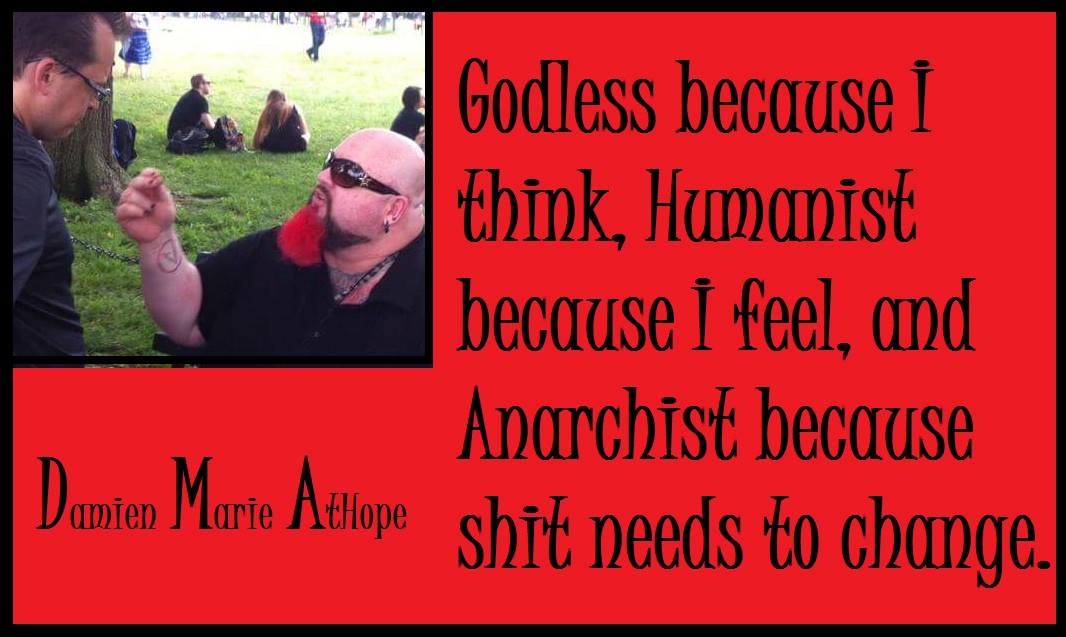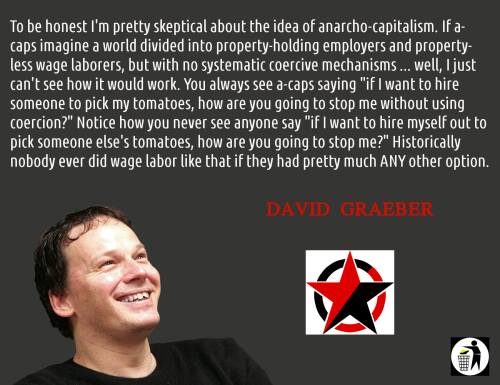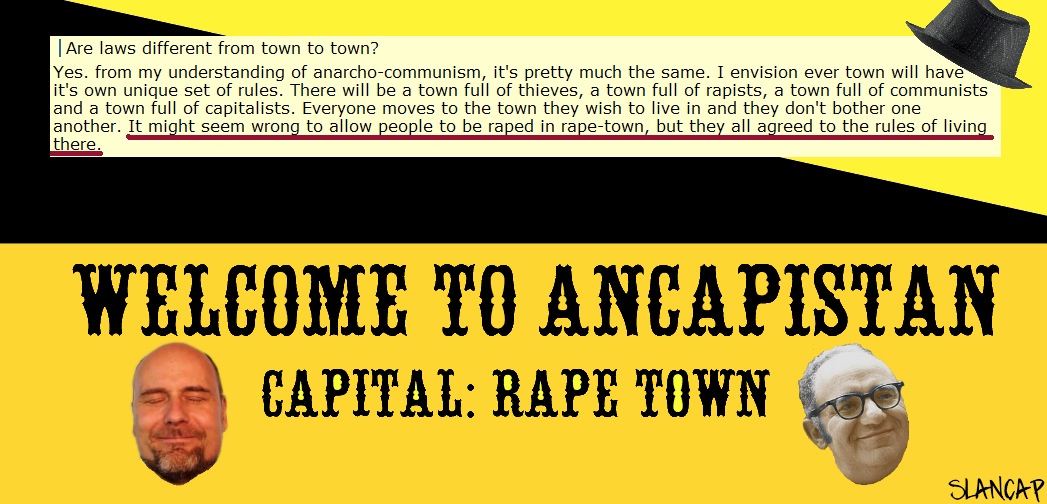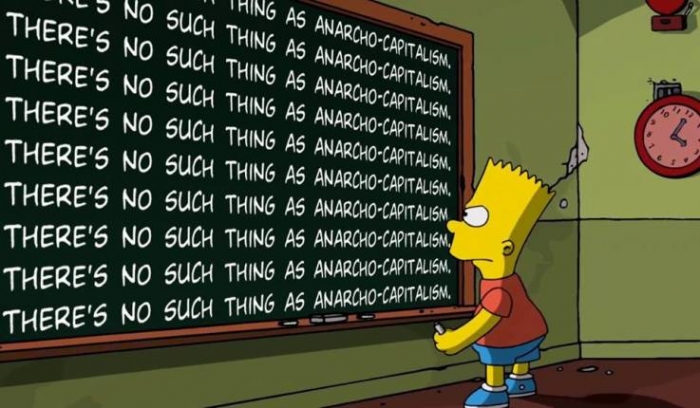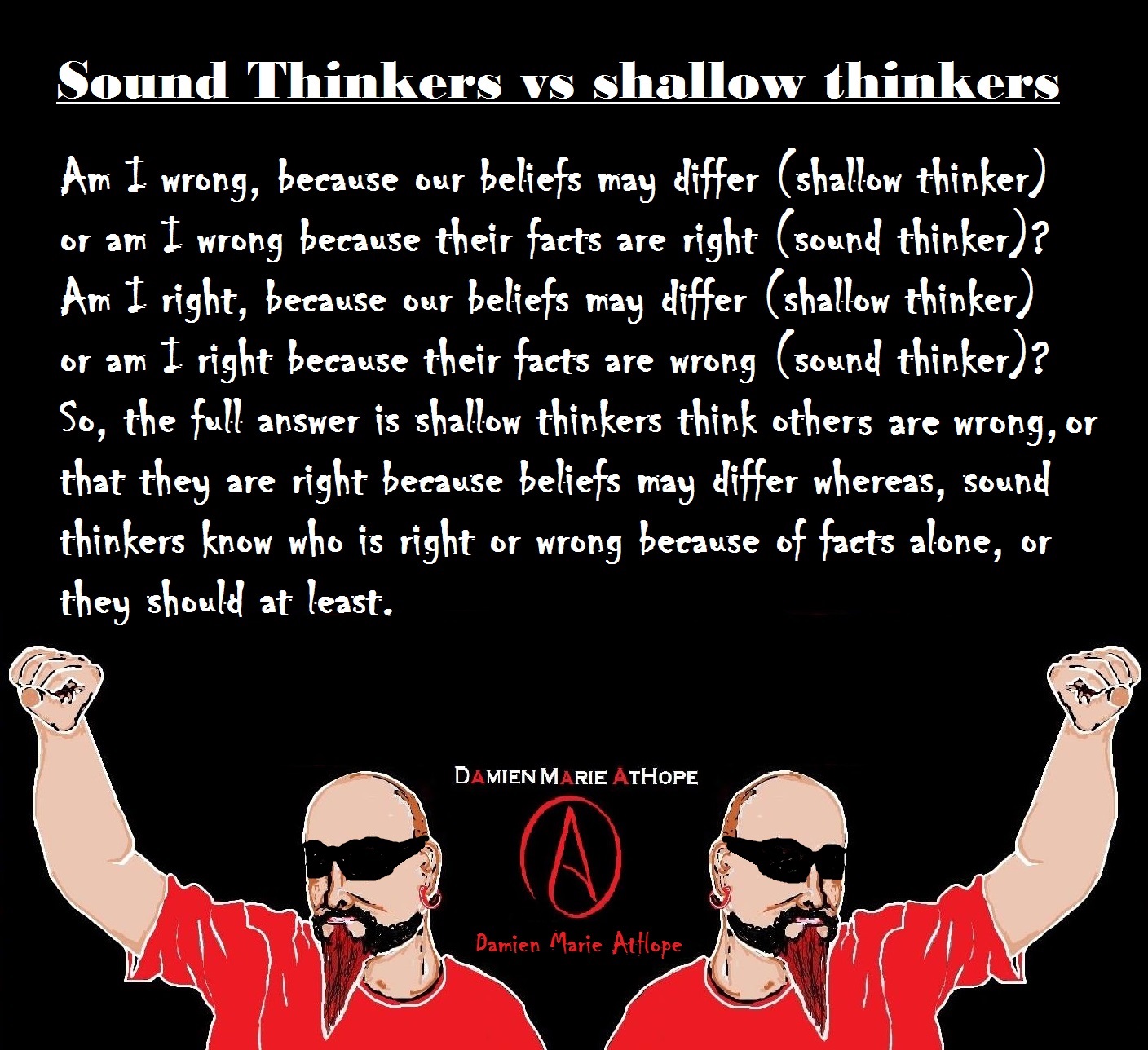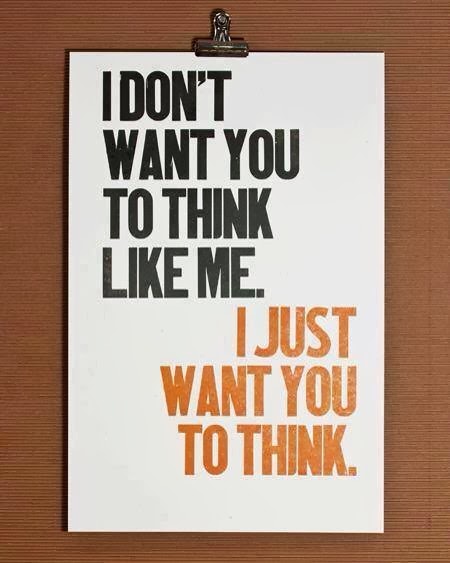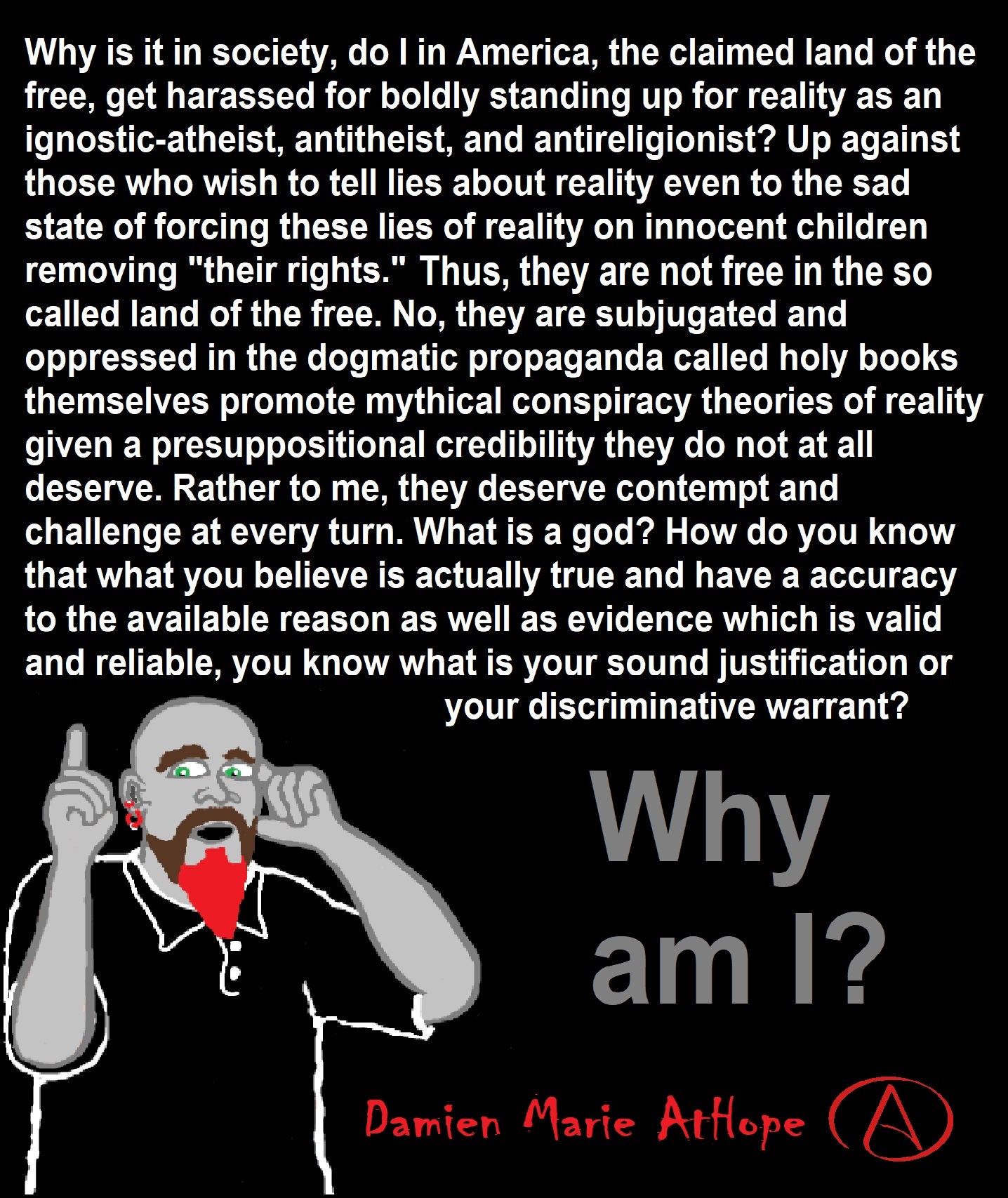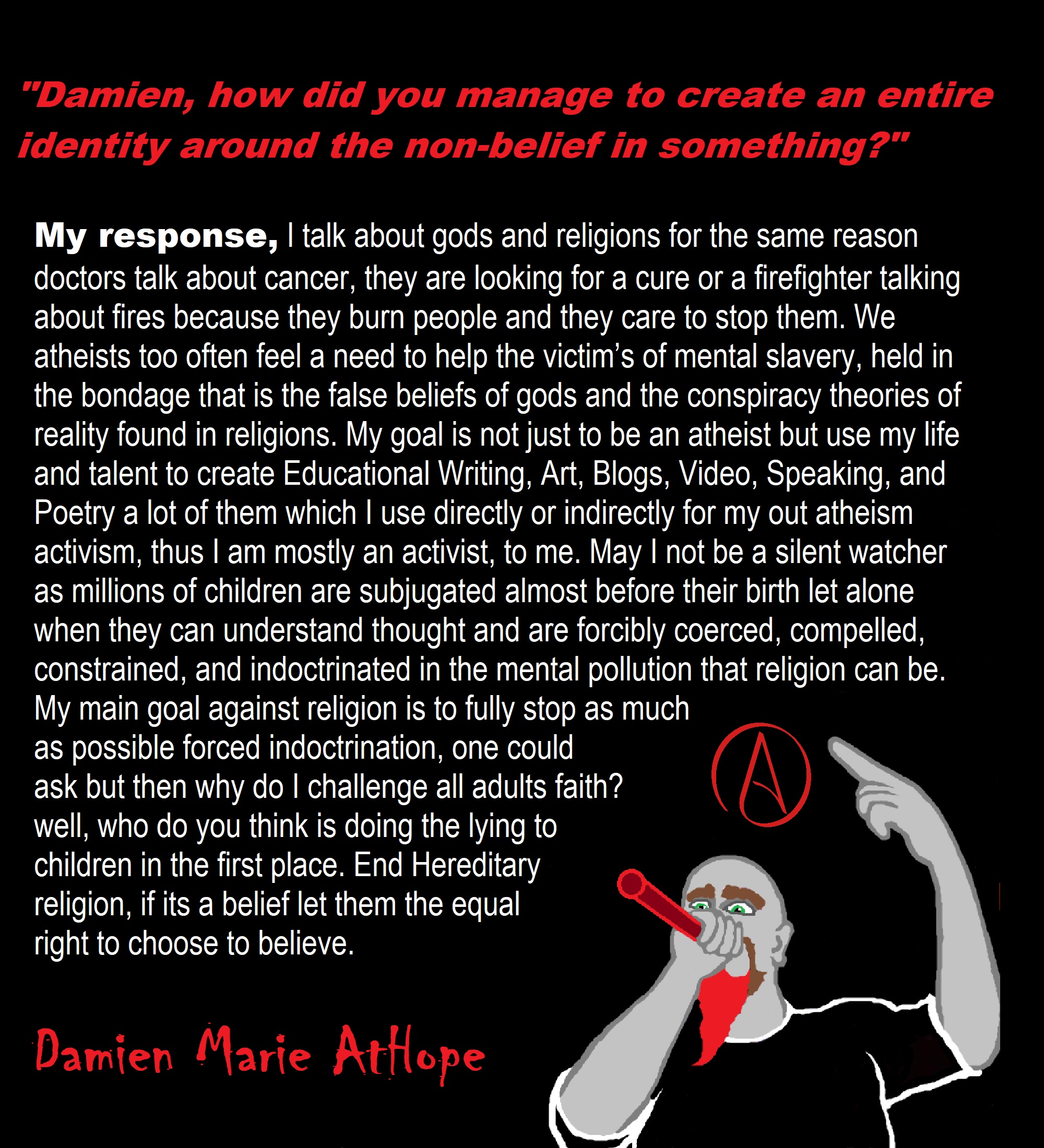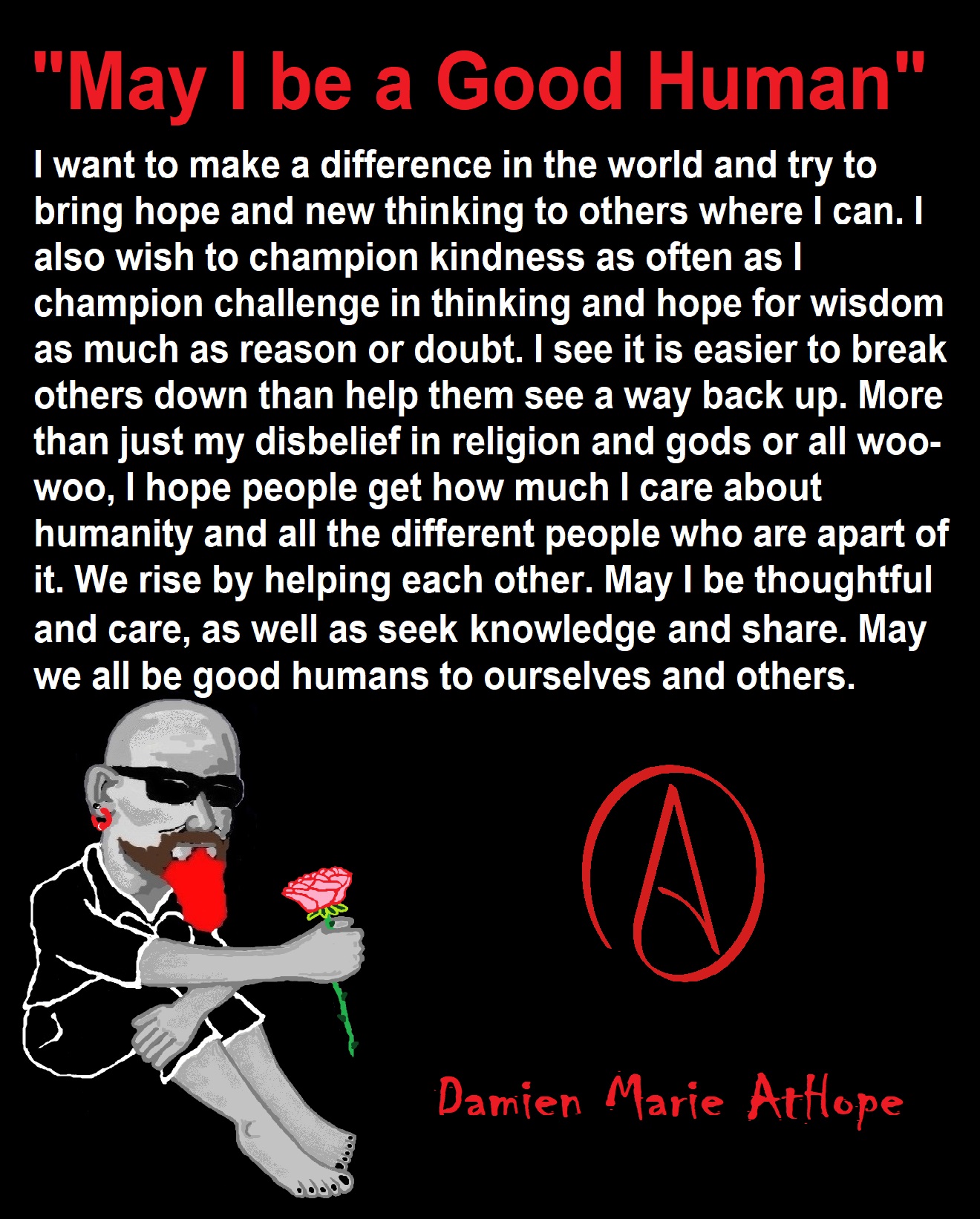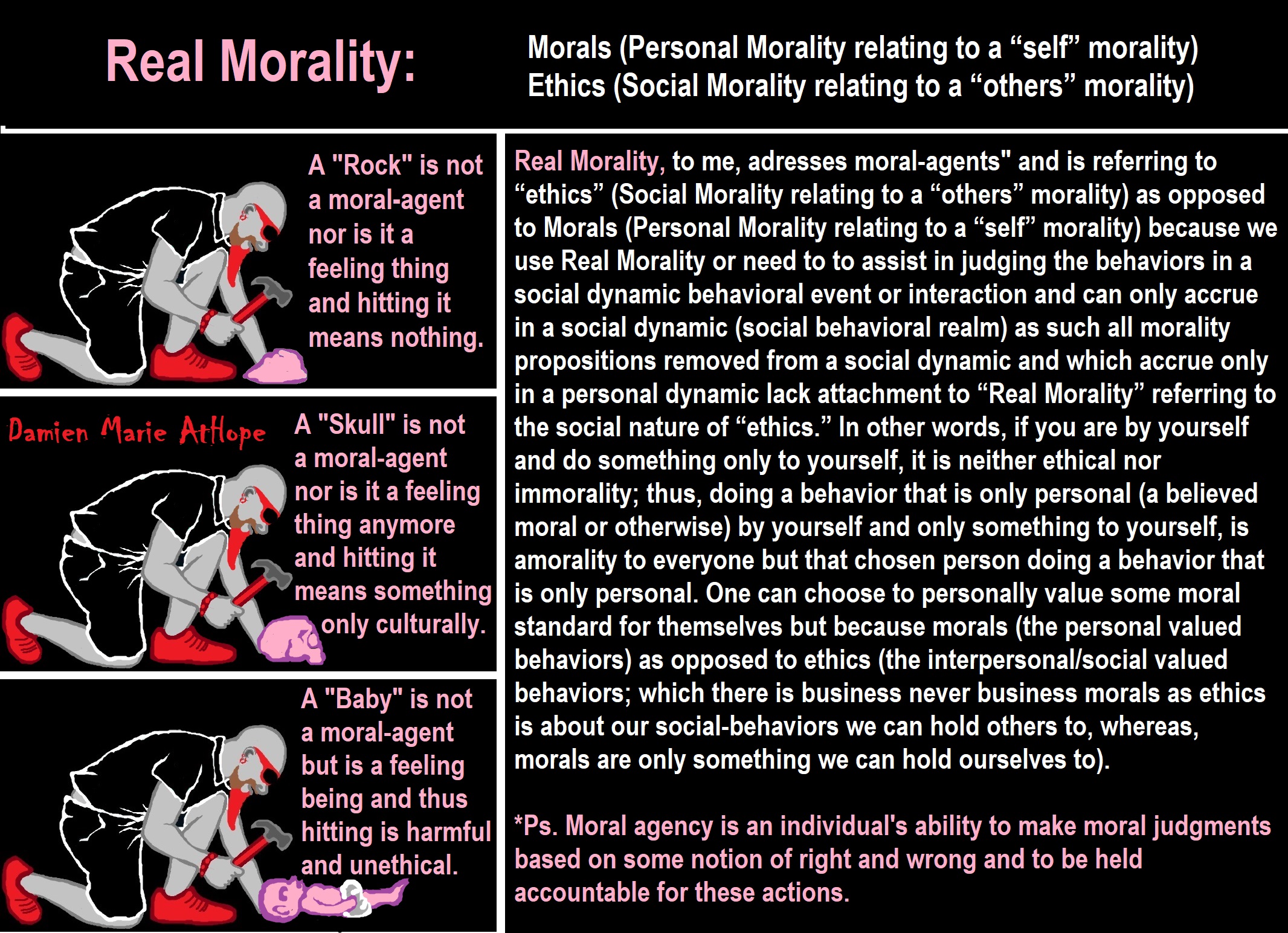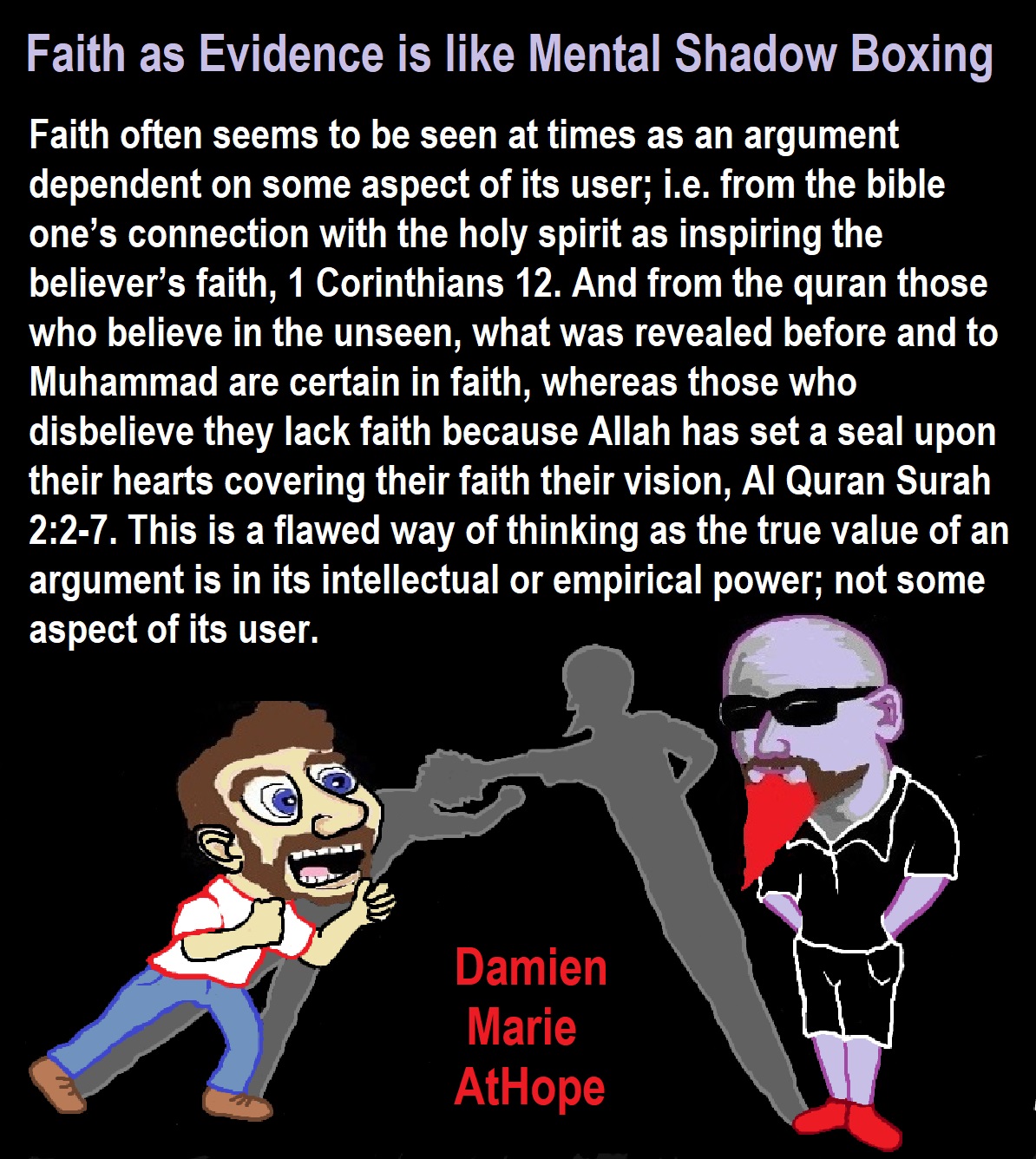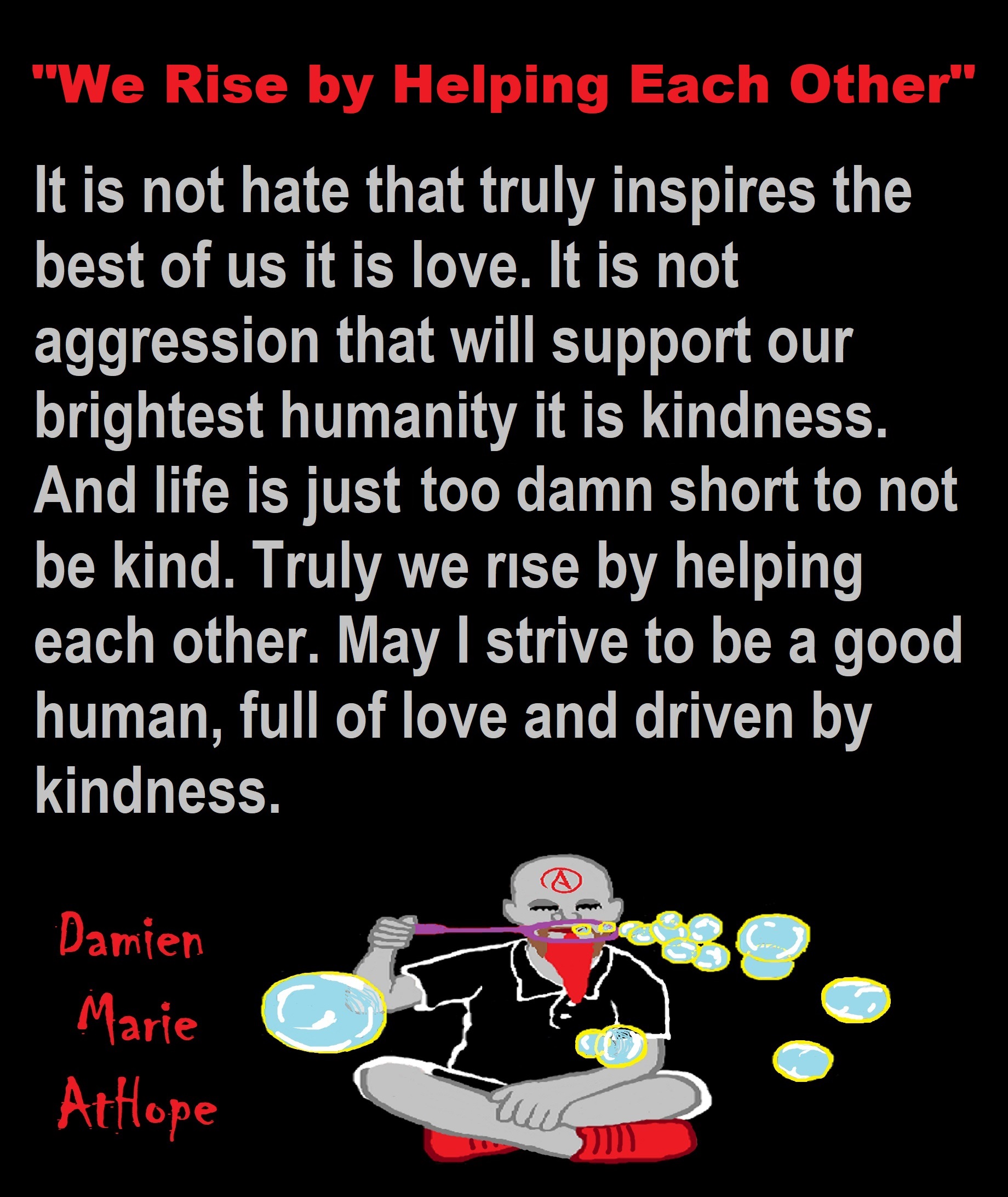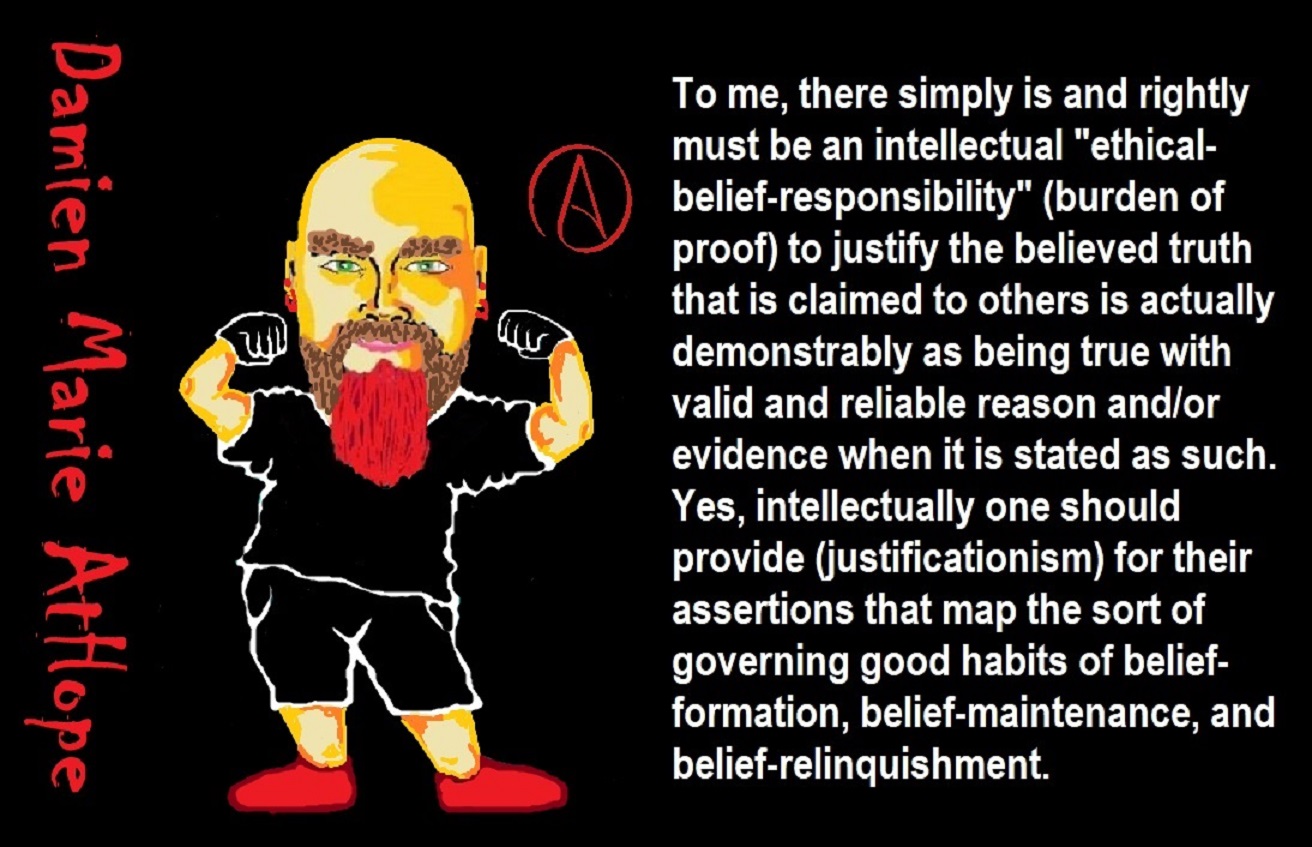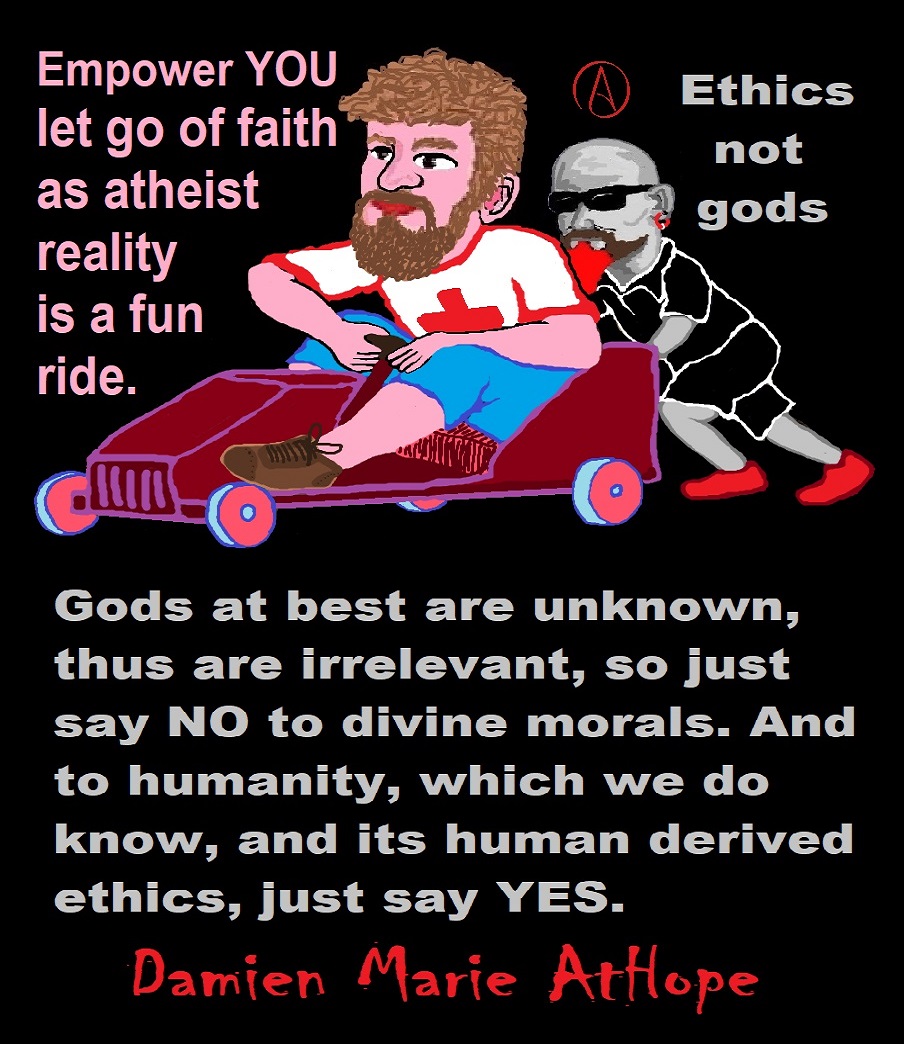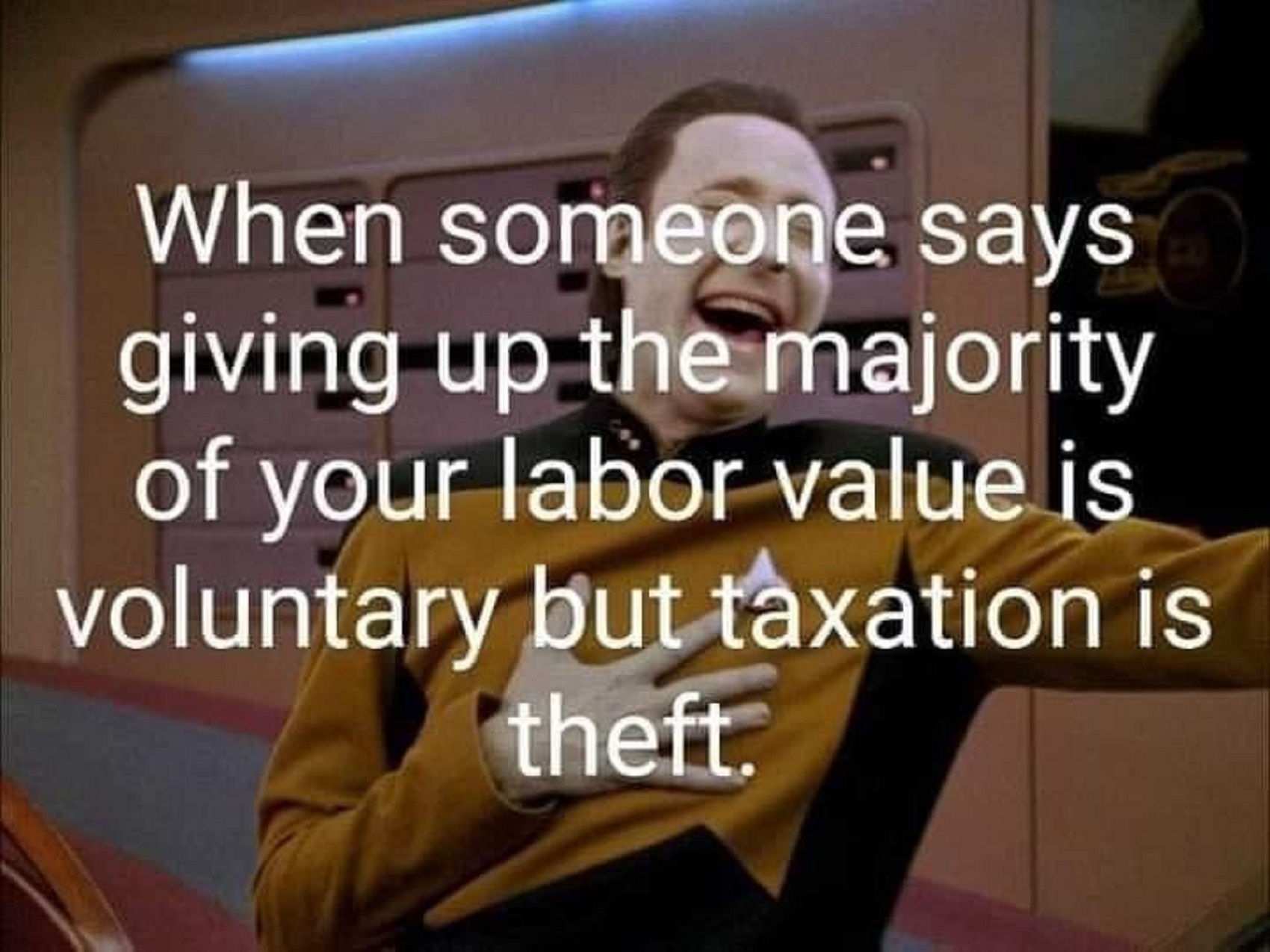

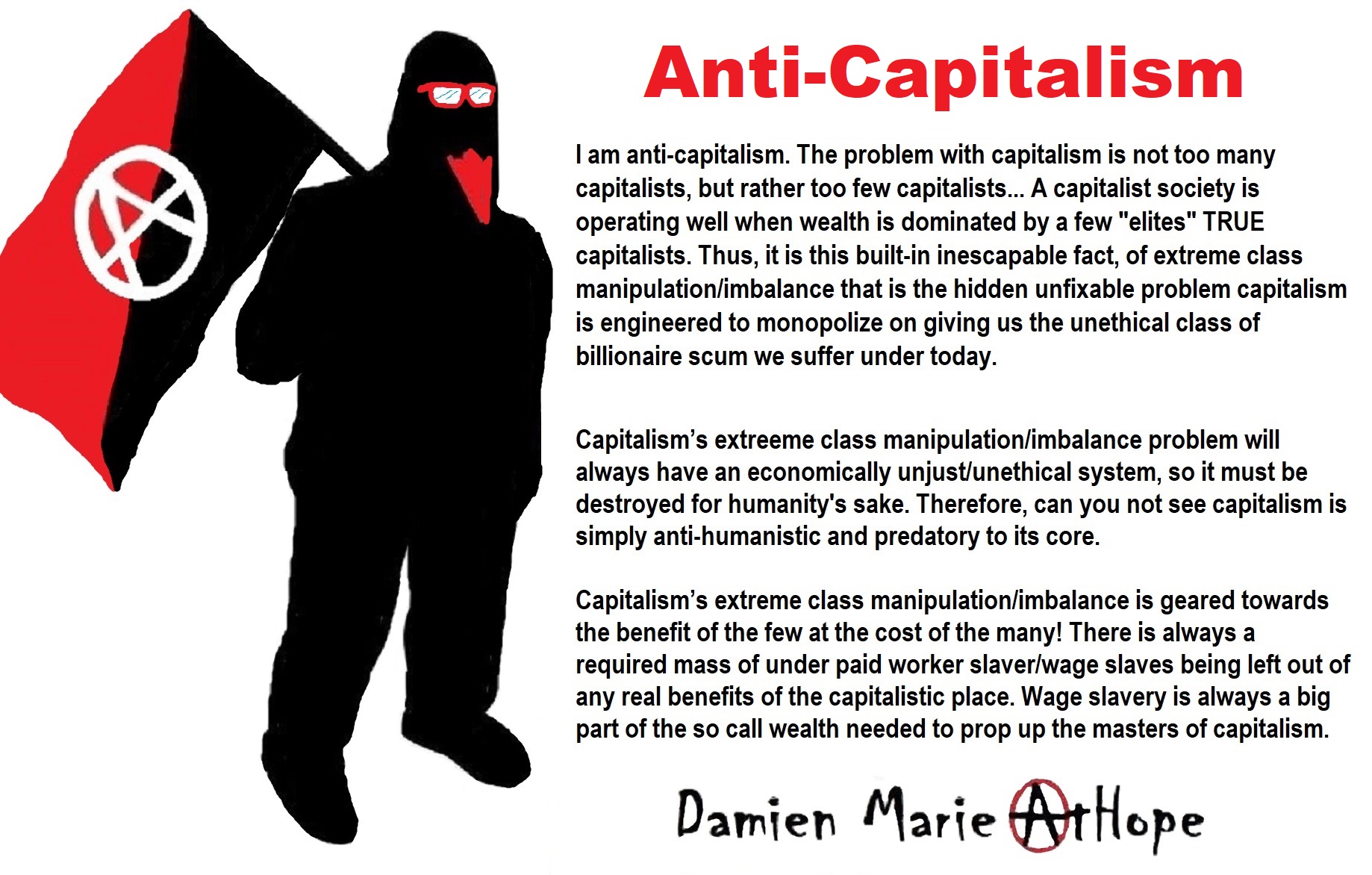
I am a “Real Anarchist” not an “Anarcho-Capitalist”
My Atheistic (socialist-anarchist) Humanism?
Liberal, Progressive, and Leftist
I am a leftist (specifically an Axiological Leftist) and an anarcho-humanist (basically a socialist-collectivist-mutualist-anarchist as well as rather liberal, progressive, and revolutionary).
Simply, I want all positive pro-human, pro-planet,
pro-flourishing equality and human oneness types of changes posable.
Interview with Anarchist and Firebrand Atheist Courtney Connatser
Atheist for Non-Aggression
You keep attacking activists and while you’re doing that, other activists and I will keep fighting for change. Sadly, you may change a few people where they lose their way in the momentum of activism. However, happily, while you’re doing that, other activists and I will help positively change the world. I hate when someone states anarchism is about not wanting to pay taxes, as if they don’t know the main persuasion of true anarchism is humanity not selfishness of self only concern as in “i” language instead of “we” language of true anarchism is socialist anarchism that wishes to add us all in liberation of humanity from oppressors, as much as possible. With a general rationale of compassion and comradery with our fellow humans, who we know are all our fellow humans, sisters, brothers, and others are all equal beings of dignity in one human family. My anarchism is because of my care for humanity. I will leave selfishness for the capitalists where it belongs. I do not support sucker punching people, even Nazis. To me, violence should be for self-defense or other-defense. I only hit those that try to hit me or others around me, I am for non-aggression.
Dark mind Bright life
I am a caring firebrand axiological atheist, wishing to be hard on ideas but kind to people.
Authority and the Power of “Pseudo Morality”
to cause Oppression
A Different Kind of Atheist: Axiological, Methodological,
Anarchist, Universal Ethicist, Realist, and Rationalist
True morality is not as simple as the golden rule…
Value-blindness Gives Rise to Sociopathic evil.
I am an Out Atheist, Antitheist, and Antireligionist as a Valuized Ethical Duty.
How can we silently watch as yet another generation is indoctrinated with religious faith, fear, and foolishness? Religion and it’s god myths are like a spiritually transmitted disease of the mind. This infection even once cured holds mental disruption which can linger on for a lifetime. What proof is “faith,” of anything religion claims by faith, as many people have different faith even in the same religion? When you start thinking your “out, atheism, antitheism or antireligionism is not vitally needed just remember all the millions of children being indoctrinated and need our help badly and who desperately need our help with the truth. Three things are common in all religions: “pseudo-science,” “pseudo-history,” and “pseudo-morality.” And my biggest thing of all is the widespread forced indoctrination of children, violating their free choice of what to not believe or believe, I hate forced hereditary religion.
A Little On MY Revolutionary Politics
To me, there simply is and rightly must be an intellectual “ethical-belief-responsibility” (burden of proof) to justify the believed truth that is claimed to others is actually demonstrably as being true with valid and reliable reason and/or evidence when it is stated as such. Yes, intellectually one should provide (justificationism) for their assertions that map the sort of governing good habits of belief-formation, belief-maintenance, and belief-relinquishment.
Religion and Poverty?
Atheism, Feminism, and Equality?
What is “Justice”?
Here are three issues of capitalism
- The excessive accumulation of wealth. (Monopoly/centralization of power/manipulation of control)
- The excessive accumulation of product. (Overproduction/oversupply/overinvestment)
- The excessive accumulation of price. (Price gouging/inflation/profiteering)
An important thing to help reduce/end poverty is to empower the equality of women.
I Aspire to More than Anger and Hate
I Am an Atheist-Humanist who is a Socialist, Collectivist, Mutualist, Anarchist: (Anarcho-Humanist)
What Inspires My Anarcho-Humanism:
- We are all one connected human family.
- No one owns the earth.
- If you can’t trust people with freedom how can you trust them with power?
I am an Anarchist and Strive to Fight Injustice
We are all one connected human family, proven by DNA showing we should treat each other as fellow dignity beings, supported equally (no gods and no masters = “Anarcho”).
No one owns the earth, we may make claims to it even draw lines on maps thinking this makes the fantasy borders, illusion supported by force and the potential for threat. Thus the ethical truth is we need to share the earth as communally as possible. And use the resources as safe and ethically as possible striving towards sharing and caring. (do no Harm and do good = socialism)
Feminist atheists as far back as the 1800s?
Black women of Courage: Elizabeth Jennings, Claudette Colvin, Rosa Parks, and Coretta Scott King.
Slavery, Racism, Religion and the Confederate Flag
We are Trumpatized (at a point of Traumatized Safety)
Anarcho–capitalism (also known as “libertarian anarchy” or “market anarchism” or “free market anarchism”) is a libertarian and individualist anarchist political philosophy that advocates the elimination of the state in favor of individual sovereignty in a free market. Ref
“Anarcho-capitalism (ancap) is a fringe political ideology that prioritizes the freedom of the individual from state coercion and advocates market-based solutions to all social needs. Anarcho-capitalists believe that compulsory taxation is a violation of individual liberty, and that law enforcement, courts, and all security services should be provided by voluntarily-funded competitors, such as private defense agencies. Anarcho-capitalism is mainly furthered in the public sphere by American reactionary think tanks; its visible supporters mostly congregate online. It has never constituted a socially active movement or organized political power base. It’s one of the youngest philosophies to try to place itself under the umbrella of “anarchism“, having only existed as a discrete philosophy for a few decades, although antecedents date back to the nineteenth century. Ancaps are as much anarchists as Christian Scientists are scientists. Traditional anarchist movements originated on the left, and do not consider anarchy and capitalism to be compatible, and thus consider anarcho-capitalism not to be an authentic form of anarchism. Ancaps have proven to be one of the greatest tools for anarchist unity in living memory, as more or less every single major anarchist group and tendency stands united in despising them. Needless to say that socialists, communists, social democrats, liberals, and centrists aren’t exactly fans of them either and will more than often unite even with the aforementioned anarchists to beat up on the ancap. Even Conservatives (even and especially of the Neo variety) aren’t above taking the occasional pot shot at them.” Ref
Individualism, Represents Self-Reliance and Hostility to a Connected Humanity
Rationalism and the Enlightenment
I am an Axiological Atheist, with a Rationalist Persuasion, who Supports Anarcho-Humanism
My anarchism (Anarcho-Humanism) thinking is not just some rant about statism. Rather it is highly aware socially, holding deep currents of humanitarianism and humanism. I am open to talk with or debate anyone as I am a truth seeker, not an ideology worshipper, hell with any unjustifiable authority, I don’t really recognize anyone above or below me as I am an anarcho-humanist. Promoting: Freedom, Equally, Liberty and Justice for all. Or as close to that as we can make it. I like eco-anarchism, such as direct action like food not lawns, seed bombs, repatriation of public areas by randomly planting food so everyone can eat for free if they are starving. Like making food-bearing plants and trees in parks schools and public places in general. Where are, you placing Value? I am a Humanist not just an anarchist, atheist, antitheist as well as antireligionist. So, I care most about people not just what they may believe and I see Religion and gods as a form of anti-humanism, similar to how I see unequal hierarchy governments (statism to me) and let’s not forget the harm of mixing gods and earthly masters such as Christofascism (Christianity and fascism) or Islamofascism (Islam and fascism). They remove the equal value in people and transfer it to the Religion, holy books or people or gods/spirits. The god claim is like a clown car rolling in from out of nowhere and it seems like it is only one or possibly a few bad ideas, but no. No, it is a dark festival that masquerades as truth but it is only an evil fun house of mirrors that distorts reality. The term god is an empty meaningless term and if it was not for manmade myths or wild speculations which are usually the misinterpretations of nature, no one would claim to know what a god is or could be. Unless one falls back to the circus of fallacies in the magic big top of fideism and the faith fallacy that you do not need anything but faith to validate, justify, or prove any mystical belief you so desire. I am an Iconoclast to religions and gods as they lie, so that is my atheist motivation to destroy them like all untruth. Firebrand-Atheists-Unite. I am an Iconoclast to antihumanism things in society and politics, as they also lie and other unethical inhumanity-flushing so that is my atheist motivation to destroy them like all untruth and humanity harm. My anarchism (Anarcho-Humanism) (“Iconoclast” & “Iconoclasm”)
Compare and Contrast (religious and non-religious)
Religion’s slave no more?
Fear Strengthens Religious Belief
*Study 1 shows that as combat became more frightening, the percentage of soldiers who reported praying rose from 42 to 72 %.
*Study 2 shows that 50 years later, many soldiers still exhibited religious behavior, but it varied by their war experience. Soldiers who faced heavy combat (vs. no combat) attended church 21 % more often if they claimed their war experience was negative, but those who claimed their experience was positive attended 26 % less often. The more a combat veteran disliked the war, the more religious they were 50 years later.
This highlights that those who try to say there are no atheists in foxholes, are not forming an argument against atheism but instead against foxholes (war) and how fear is a large motivator creating believers.
Reference: Wansink, B., & Wansink, C. S. (2013). Are there atheists in foxholes? combat intensity and religious behavior. Journal of Religion and Health, 52(3), 768-79. doi:http://dx.doi.org/10.1007/s10943-013-9733-y
Prosperity theology: donating money increases wealth?
What could motivate political Revolution?
“HOW POVERTY AFFECTS THE BRAIN”
What is really being asked is what would motivate such change? I am hoping the more people learn the more they will want to change things for the better. Like, the inequality of our unjust hierarchy government and how it’s not really a government of the people, by the people, and for the people. About 47 percent of Congress, or 249 current members are millionaires. …a Status Shared by Only 1% of Americans. In 2010, the estimated median net worth of a current U.S. senator stood at an average of $2.56 million,” according to the Center’s research. Ref Disproportionate Representation: women make up 50.8% of the U.S. population but only make up 19.4% of the 114th U.S. Congress, 20.0% of the Senate and 19.3% of the House of Representatives. Ref Or how 20 years of data reveals that Congress doesn’t care what you think. Like how your opinion literally does not matter to congress demonstrated in a study which took data from nearly 2,000 public-opinion surveys and compared what the people wanted to what the government actually did. What they found was extremely unsettling: The opinions of the bottom 90% of income earners in America has essentially no impact at all. Put another way, and I’ll just quote the Princeton study directly here: “The preferences of the average American appear to have only a minuscule, near-zero, statistically non-significant impact upon public policy.” Really think about that for a second. If you’ve ever felt like your opinion doesn’t matter and that the government doesn’t really care what you think, well … you’re right. But, of course, there’s a catch. …unless you’re an “economic elite.” If there’s one thing that still reliably gets politicians’ attention, it’s money. While the opinions of the bottom 90% of income earners in America have a “statistically non-significant impact,” Gilens and Page found that economic elites, business interests, and people who can afford lobbyists still carry major influence. How could it be that our government, designed to function as a representative democracy, is only good at representing such a small fraction of the population? Just follow the money. Why? Because purchasing political influence is 100% legal. For example: Let’s say a big bank wants a law that would force taxpayers to bail them out again if they repeat the exact same reckless behavior that crashed the global economy in 2008. It’s perfectly legal for our bank to hire a team of lobbyists whose entire job is to make sure the government gives the bank what it wants. Then, those lobbyists can track down members of Congress who regulate banks and help raise a ton of money for their re-election campaigns. It’s also perfectly legal for those lobbyists to offer those same politicians million-dollar jobs at their lobbying firms. Ref
I oppose Fascism but what is Fascism?
Should we fear or hate capitalism?
Anti-capitalism encompasses a wide variety of movements, ideas and attitudes that oppose capitalism. Anti-capitalists, in the strict sense of the word, are those who wish to replace capitalism with another type of economic system. For the influential German individualist anarchist philosopher Max Stirner “private property is a spook which “lives by the grace of law” and it “becomes ‘mine’ only by effect of the law”. In other words, private property exists purely “through the protection of the State, through the State’s grace.” Recognising its need for state protection, Stirner is also aware that “[i]t need not make any difference to the ‘good citizens’ who protects them and their principles, whether an absolute King or a constitutional one, a republic, if only they are protected. And what is their principle, whose protector they always ‘love’? Not that of labour”, rather it is “interest-bearing possession . . . labouring capital, therefore . . . labour certainly, yet little or none at all of one’s own, but labour of capital and of the — subject labourers”.” French anarchist Pierre Joseph Proudhon opposed government privilege that protects capitalist, banking and land interests, and the accumulation or acquisition of property (and any form of coercion that led to it) which he believed hampers competition and keeps wealth in the hands of the few. The Spanish individualist anarchist Miguel Gimenez Igualada sees “capitalism is an effect of government; the disappearance of government means capitalism falls from its pedestal vertiginously…That which we call capitalism is not something else but a product of the State, within which the only thing that is being pushed forward is profit, good or badly acquired. And so to fight against capitalism is a pointless task, since be it State capitalism or Enterprise capitalism, as long as Government exists, exploiting capital will exist. The fight, but of consciousness, is against the State.”. Within anarchism there emerged a critique of wage slavery which refers to a situation perceived as quasi-voluntary slavery, where a person’s livelihood depends on wages, especially when the dependence is total and immediate. It is a negatively connoted term used to draw an analogy between slavery and wage labor by focusing on similarities between owning and renting a person. The term wage slavery has been used to criticize economic exploitation and social stratification, with the former seen primarily as unequal bargaining power between labor and capital (particularly when workers are paid comparatively low wages, e.g. in sweatshops), and the latter as a lack of workers’ self-management, fulfilling job choices and leisure in an economy. Libertarian socialists believe if freedom is valued, then society must work towards a system in which individuals have the power to decide economic issues along with political issues. Libertarian socialists seek to replace unjustified authority with direct democracy, voluntary federation, and popular autonomy in all aspects of life, including physical communities and economic enterprises. With the advent of the industrial revolution, thinkers such as Proudhon and Marx elaborated the comparison between wage labor and slavery in the context of a critique of societal property not intended for active personal use, Luddites emphasized the dehumanization brought about by machines while later Emma Goldman famously denounced wage slavery by saying: “The only difference is that you are hired slaves instead of block slaves.” American anarchist Emma Goldman believed that the economic system of capitalism was incompatible with human liberty. “The only demand that property recognizes,” she wrote in Anarchism and Other Essays, “is its own gluttonous appetite for greater wealth, because wealth means power; the power to subdue, to crush, to exploit, the power to enslave, to outrage, to degrade.” She also argued that capitalism dehumanized workers, “turning the producer into a mere particle of a machine, with less will and decision than his master of steel and iron.” Noam Chomsky contends that there is little moral difference between chattel slavery and renting one’s self to an owner or “wage slavery”. He feels that it is an attack on personal integrity that undermines individual freedom. He holds that workers should own and control their workplace. Many libertarian socialists argue that large-scale voluntary associations should manage industrial manufacture, while workers retain rights to the individual products of their labor. As such, they see a distinction between the concepts of “private property” and “personal possession”. Whereas “private property” grants an individual exclusive control over a thing whether it is in use or not, and regardless of its productive capacity, “possession” grants no rights to things that are not in use. In addition to individualist anarchist Benjamin Tucker’s “big four” monopolies (land, money, tariffs, and patents), Carson argues that the state has also transferred wealth to the wealthy by subsidizing organizational centralization, in the form of transportation and communication subsidies. He believes that Tucker overlooked this issue due to Tucker’s focus on individual market transactions, whereas Carson also focuses on organizational issues. The theoretical sections of Studies in Mutualist Political Economy are presented as an attempt to integrate marginalist critiques into the labor theory of value. Carson has also been highly critical of intellectual property. The primary focus of his most recent work has been decentralized manufacturing and the informal and household economies. Carson holds that “Capitalism, arising as a new class society directly from the old class society of the Middle Ages, was founded on an act of robbery as massive as the earlier feudal conquest of the land. It has been sustained to the present by continual state intervention to protect its system of privilege without which its survival is unimaginable.” Carson coined the pejorative term “vulgar libertarianism,” a phrase that describes the use of a free market rhetoric in defense of corporate capitalism and economic inequality. According to Carson, the term is derived from the phrase “vulgar political economy,” which Karl Marx described as an economic order that “deliberately becomes increasingly apologetic and makes strenuous attempts to talk out of existence the ideas which contain the contradictions [existing in economic life].” Ref
Ancaps “anarcho-capitalists” are not Anarchists
Prove to me that anarcho-capitalism is not just a selfish capitalist, not some humanitarian anarchist emancipating humans with the goal of the humanities human flushing?
Okay, here is your chance “Ancaps.”
The only way I would ever take “anarcho-capitalism” as a real thing is if “they” see a beginning requirement of all current public private property (not per se personal private property) is restored to a beginning of universal starting, of everyone as the same starting point of property. Not some hypocrisy of do as I say not as I do, with regards to undue favor unjustly gotten and accumulated under the believed aggression of the state, welding its unfairness, corruption and abuse. That’s not what they support at all, no, they want to protect all undue favor unjustly gotten and accumulated under aggression of the state capitalism, why, they are not real anarchists, as they like it the way wanting to keep all abusive accumulation under the state of wealth and property, they only don’t seem to want a state now that they have benefited unethically but that is not enough to warrant a label of true anarchism, especially, with a willingness to continue a legacy contrived and compiled in injustice is it?
Anarchism is a political philosophy that advocates self-governed societies based on voluntary institutions. These are often described as stateless societies, although several authors have defined them more specifically as institutions based on non-hierarchical free associations. Anarchism holds the state to be undesirable, unnecessary, and harmful. While anti-statism is central, anarchism entails opposing authority or hierarchical organisation in the conduct of all human relations, including, but not limited to, the state system. Anarchism does not offer a fixed body of doctrine from a single particular world view, instead fluxing and flowing as a philosophy. Many types and traditions of anarchism exist, not all of which are mutually exclusive. Anarchist schools of thought can differ fundamentally, supporting anything from extreme individualism to complete collectivism. Strains of anarchism have often been divided into the categories of social and individualist anarchism or similar dual classifications. Anarchism is usually considered a radical left-wing ideology, and much of anarchist economics and anarchist legal philosophy reflects anti-authoritarian interpretations of communism, collectivism, syndicalism, mutualism, or participatory economics. Ref
My “Anarcho-Humanist” Non-aggression axiom is self-ownership and respect for other people who are fellow “dignity beings” who also have self-ownership rights just like me and are equal in human worth. As well as Anti-Violence, Anti-Spanking, Anti-Circumcision, Anti-Bullying, Pro-Ethics, Pro-Body Sovereignty, Pro-Empathy and Equality. Let positive change begin with me, for I realize I am responsible for there is no god to save us or protect us. Anti-sexual Violence, Anti-Spanking, Anti-Circumcision, Anti-Bullying, Anti-Violence, Anti-child maltreatment, Anti-animal cruelty, Anti-Domestic Violence, and Anti-Verbal Violence (Threats, Character Assassination, Intimidation), Pro-Ethics, Pro-Body Sovereignty, Pro-Empathy and Equality. For those who think attacking religion is some kind of Character Assassination because its people that are religious. You are confused because character assassination is attacking people with abusive name calling not confronting religion dishonesty. Character Assassination is not being justifiably mentally aggressive as in one challenging, holy figures, gods, religions, myths, superstitions, beliefs, or deluded or misinformed ideas. Character Assassination is not meaning strong stances, aggressive challenge in rational arguments, or pitilessly exposing injustice, harm or oppression. It is our passion and an honored chosen duty to promote Non-Aggression and speak the truth of atheism and ethical behavior so people don’t stay misinform abused or oppressed. I value anti-violence (I am not a pacifist at all, I am actually a fighter by nature) unless the aggression or violence is for direct self-defense or other-defense. Check out: Atheists for Non-Aggression
Non-aggression axiom in a “Anarcho-capitalism (ancap) thinking” Murray Rothbard wrote:[5]
| The basic axiom of libertarian political theory holds that every man is a self owner, having absolute jurisdiction over his own body. In effect, this means that no one else may justly invade, or aggress against, another’s person. It follows then that each person justly owns whatever previously unowned resources he appropriates or “mixes his labor with.” From these twin axioms — self-ownership and “homesteading” — stem the justification for the entire system of property rights titles in a free-market society. This system establishes the right of every man to his own person, the right of donation, of bequest (and, concomitantly, the right to receive the bequest or inheritance), and the right of contractual exchange of property titles. |
I Am an Anarchist
I am an anarchist in thought, yet not limited to some abstraction but rather as a full expression of my support for an equal humanity; no gods nor earthly masters. Thus, I am also a humanist, who is aspiring to the greatness and full human potential: freedom, liberty, and justice. How simple is it to feel free and how quickly it can be lost? It is with such a clarity of humanity about the importance of liberation over some bleak servitude that we are truly free. I am appealing to a cold controller glorifying world. I offer only a simple humanist manifesto, one of the heart. I am well aware, that one is embodying a humanist archetype when they accurately realize the desperate nature of humanity and the equality it needs in a world that is hell bent on anti-humanism. This archetype of anarcho-humanism is evident, if one follows the thinking of “do no harm and do good” and this should be the letter of the unwritten law that is grounded on hopes of brighter futures. This desire for a free and equal society thrills me with renewed vigor by seeing how we are one but individually valuable, which is almost self-evident to a heart that is open in love and kindness as it is set free in liberation. The new right Libertarianism is Anarcho-Capitalism.
Anarcho-“Capitalism” is Impossible
I am a collectivist Anarcho-Socialist-Mutualist:
“To me individualism, represents Self-Reliance and Hostility to a Connected Humanity.“
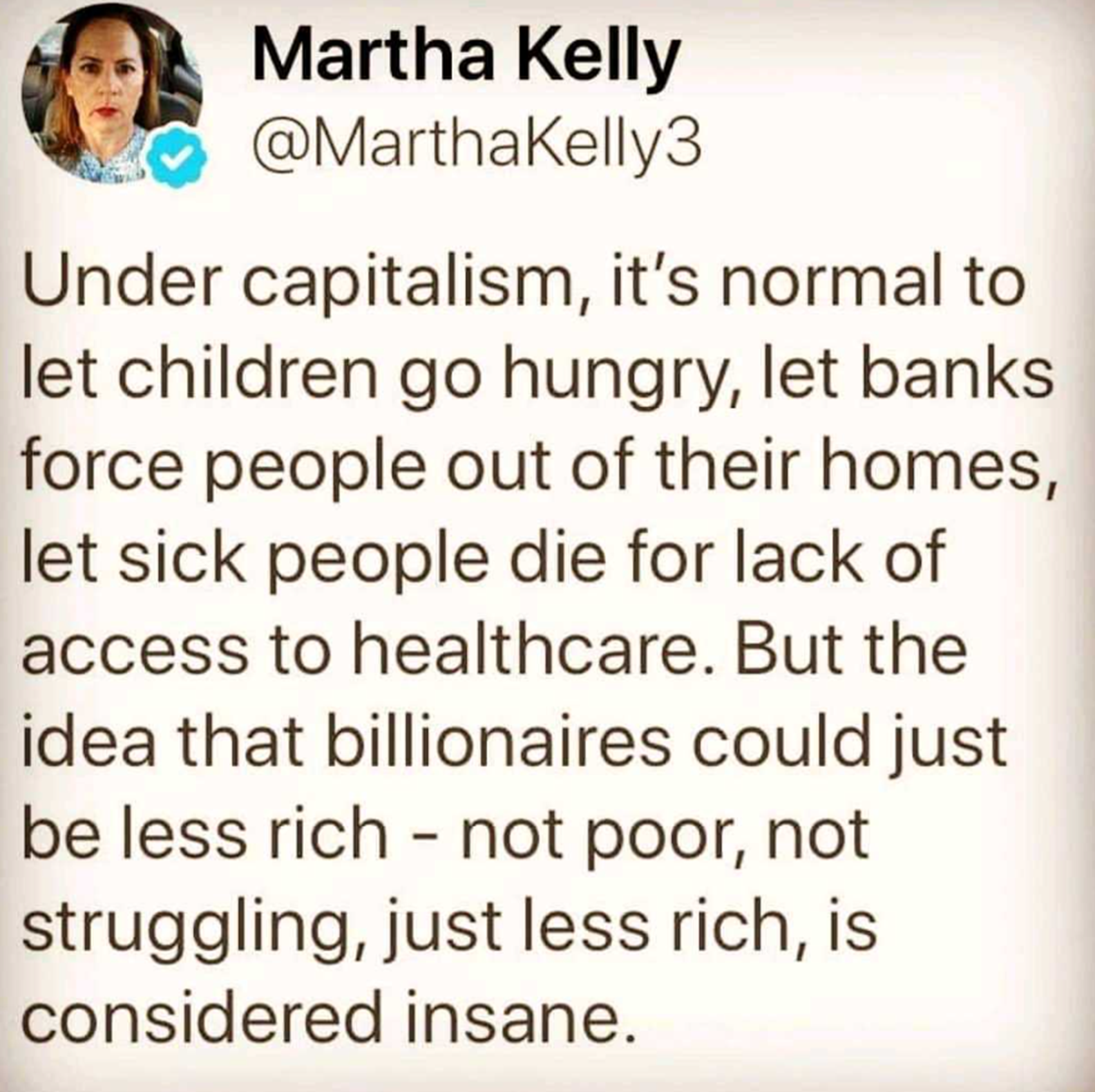
States may often have powers, but only citizens have the glue of morality we call rights. And, you say, in my dream society lots of things are free (planting free food everyware free to everyone); but I wonder what you mean, how can I take free stuff from a free earth.
Anarcho-Humanism, to me is atheistic humanism with an unconditional social awareness:
Anarcho (anarchism): “No Gods – No Masters”
Humanism: “No Harm – Do Good”
Dear of Seed of Hate, I no longer love you.
Where did the seeds of hate come from you may ask: well, “That is only mine”, “only they are me”, “they are only allowed there” “only they are aloud this/that” or “only I matter”, all of which have quit often sent a seed of hate in the world and we have been responding to them for years on end. Who is wrong? Once I was wrong. And then wrong again. In fact, I have been wrong all my life. One has not found truth if they believe that they are never wrong. I am sure this plague of my side bias is a fantastic way of not learning new truth, if that matters to you? Dear thinkers welcome your being completely shown to be wrong, as who wants to spend another second believing a lie. You don’t honestly want to believe lies or half-truths do you?
Some people make an error, if you don’t do good at spelling and grammar that you are not a good thinker. I am not good at spelling or grammar, it has no bearing on how you think.
The Value of a Ball?
You know what is truly “Wrong” with the Santa Claus shaming is exemplified with children in poverty. See, children in poverty, that have to look on with hopefully eyes for the opportunity to share the one communal toy, a simple Ball. A ball so Small and barley there at all. Is was nothing special, plastic robbed from the earth with hands of selfishness and oppression to overcharge to what would later be the ball, the light and joy of the poverty destroyed orphanage the 15 to 30 children that were so overjoyed to get that one overpriced peace of air inflated plastic that is the ball. I stood there crying as I shamefully had only thought to bring “ONE” lonely ball, just a sad piece of plastic to me but the world to them. At once I realized the truth we are a that matters not the ball, not the plastic nor the money, but people, the only ones with value all along.
Happy Human?
I am not trying to say or act as if I am perfect, but my goal is to strive to be a more caring and understanding human being, as well as try to help others do the same. This is our planet, all humans are my people, and I want to help the world if I can. We all need to see the benefit of showing more compassion, not to ideas but to people. Simply, we must be kinder to one another, even if we are different or believe differently, because people matter. I am just a happy human who is good without god! Upon hearing I am a humanist one person once said, “Damien, humanism is a dogma.”, My response, if caring about humanity is a dogma then it’s a dogma I am proud to promote. The challenger went on, just be careful that caring doesn’t become imposing your will and dogma on others (for their own good). To which My response was, we are imposing our thinking all the time just like you are trying to do with your words appealing to me to follow your offered ideas so much so that you are even adding emphasis to push your thoughts into me like mental obligation, yeah, all the time so are you really aware of your own thoughts?
Come Hear a Positive Story
Here is a story about the benefits of helping. I was a big rig over the road Truck driver and I tracked for a month at a time. I was living in California but was in Illinois at a shit filthy truck stop broke off my ass. I was out of hours and could not go anywhere. The reason I was broke was because I was not good that week with managing my money (it was stripers). As I truck driver we can get weekly allotments of money such as limited advances less than $100, which I would use for my week’s food needs or whatever else I could get with the leftover money. So now to the go part, I was sitting in my truck thinking damn my weekly advance is available tomorrow morning but I am out of food and money to day and it’s only 6 am. I as most people were feeling very sorry for myself. I was even getting angry because I was feeling hopeless. There I was broke starving and growing ever angrier, looking out at the feels of human trash dirtying up the patches of dying grass slowly turning that wonderful brown, that grass color announcing its death. And I realized even though I have nothing to do and no money to do it with anyway but I could step outside myself and make a difference. Now don’t get to hopeful it’s not like I cured cancer. What I did see was I could help pick up the trash but don’t get this wrong, this was somewhat selfish as I was just sick of looking at it and I still had like 24 hours to go before I could leave. So, I went in and got a bag for the trash. But I got more than one bag as when I asked for a trash bag, the lady behind the counter a thick woman with the look of one who once deeply believed in others but was now disheartened. She was stern questioning my need for a trash bag and when I told her it was to pick up trash in her truck stop’s parking lot she became very joyful like one who was under water about to drowned are saved, as she gave me like 4 trash bags. I was like well I don’t know if I am going to pick up that much. I am offering to help not make it a career. So, I now happier myself, went out picking up trash. At first I, must admit I didn’t have much positive thoughts at first but then I became more and more joyful. I just about filled one of the larger trash bags and was tired of bending over to pick the trash up. I went back to the store and up to the cashier to return the unused bags. She said what you did was the most inspirational thing I have ever seen. I want to give you so food as a reward. I was exploding inside so happy and so surprised as I never thought I would get food I only wanted to do something good to make me feel better about my sad situation. She gave me enough food for two meals. That day I realized the power of doing good. But wait there’s more I hadn’t told you. I was not alone I was a truck driver trainer and had a student driver with me. And as luck would have it he too was broke (again it’s those damn stripers) and starving until tomorrow morning just like me. Two sad and angry starving drivers not even able to drive. Well I must admit not to be too harsh on him but he was completely losing it, you would think we were on the Titanic going down after the iceberg that is stripers to one’s wallet. He was also by the way not a supporter of picking up trash for free, something neither of us would do for money all to feel the possible joy of altruism. So back we go she gave me enough for to meals and I could have been selfish and ate it all, thus having two means at least. But no that is not what I did. Instead I offered to share it all with my student as I knew he was starving too. He was shocked to say the least. First because I even picked up the trash (regardless of how he taunted me: yelling that I was crazy), second that I had been rewarded with food the very thing we so desperately needed. And third but not hardly last in how impacting this was to him, it was my sharing the food that I had worked for hours to get all the while not even knowing I would get anything. May we all help others in need.
Some people make an error, if you don’t do good at spelling and grammar that you are not a good thinker. I am not good at spelling or grammar, it has no bearing on how you think. I can think quite well, don’t think so challenge me.
“Be Free, be Mental Dynamite”
Philosophy should not be your master my friend, it should be as your slave. I will no longer bow to an abstract not fall victim to the confusion that misses the Ontology that we are the body fully alive with every breath a self-evident absolute truth so profound it is before reason it’s the existential awareness of self-emotional aware even before any other way of awareness it is at such a core beginning we simply forward to start there confused about it or not reason or anything else that is a thinking abstraction. Hear me, we are aware before the abstraction, we are a body feeling all that is around, fully realized when one understands that there is no aware undamaged human mind that is not emoting. This includes before, during, and after you believe you are doing reason. And this also brings up the ontological or qualities of reason. Reason is a high thinking primates mental style or process to add accuracy, we learn, well most of us try to learn how to further develop our reason, the thinking strategy to not simply have a goal of accuracy it can be so developed that it’s use, skilled mastery is not simply finding external truth to belief accuracy one is also achieving an inward self-mastery, not over emotion as if it was reasons enemy. No, emotion is a vitality needed part proven in brain damage studies. Reason and emotion are friends, more accurately we are emotional feeling beings that with emotional intelligence construct thinking methodologies to improve our accuracy or we should.
Are you a Believer or a Thinker?
When you can, with all honesty, say that you put a similar voracity to one’s own ideas as they demand for others then they are a thinker not just a believer. And when you can quickly and eagerly relinquish any and all ideas, even the most cherished if they were not true; yes, a willingness to discuss or discard if required, even if you like them is being a thinker and not just an unthinking believer. Error Crushing Force of the Dialectic Questions and the Hammer of Truth: Ontology, Epistemology, and Axiology.
*(Ontology) What are you talking about, please slow down and give me each specific detail individually?
*(Epistemology) How do you know that and why do you think it is justified or warranted?
*(Axiology) What is its value if any and why do you value that or why would anyone?
If you don’t already know, Dialectic is the art of investigating or discussing the truth of opinions. What I am trying to say in this message of Dialectic Questions in order to find truth by giving people three questions that can be put towards almost anything and it help remove error and thus improved accuracy. Someone once told me that life had no value, I happily was not so confused, as that is all there really is from one extent to another in this world.
Creating Our Purpose?
You know I have one message, be a good person, for whatever is the extremely short lives. Life is just too short not to be kind. Our behavior with others will either add to human flushing or it doesn’t. How desperately want acceptance and how desperately we need to accept each other in kindness. I only have one goal: Some people are a bit confused as to what my goals are with my thinking. I am not trying to change minds, I am trying to change the world.
“Expose the Unspeakable harm”
We all can be irrational, but biases that is not even in the interesting point. Because we can all be irrational we have an outright moral obligation to institute accuracy in one’s choices. Which is similar to the potential for harm that beliefs unchecked can and do have, even if it’s just that it contributed to unspeakable harm.
To Feel or Not to Feel?
Slow down, and think, is that even a reality coherent statement?
To think we actually can someone how, like a switch, turn off completely what you feel or wish not to fee. No matter what the external really in every way possible we can know the external pressure against the fragile body our minds are enshrined. One who questions deeply the Reality of Existence every breath you willfully take and wish not abstracted should remind you that you have had your experience to being it all along, that aware was as point begin with feelings in fact, you always feel, unless something is very disrupted, it’s just that sometimes, we are refused to only feeling, for a time, Instead of clear thinking we fail for untruth or half-truths, in the acquisition of extremely traumatizing motivators we are nothing but unchecked feelings and runaway emotions. We are no longer the pilot then, no we have become the plain getting hijacked.
Is the Appeal to Humility, a red Herring Fallacy?
Why do we believe without thinking? I need to be humble? Is some truth less true if I lack Humility? So again, I ask you to please provide a justification for why I can’t somehow do almost all the factors of life well and never appeal at all to some society or social abstraction of undo control we for some odd reason seem to almost willingly accept without a second thought. Which makes my brain think, wow, what confusion generator.
Live up to my Ego?
I am arrogant by nature so I strive hard to hold myself up to the glittering heights of my ego, rather than let such a mental basis run over me removing the credible truth simply because I don’t like how it makes one look. I do care how I look as my number one fan “ME” has some staggering feats of exalted character to live up to in juxtaposition to actually present reality in thought and deed I can and do engage in or aspire too. We have High thinking to overcome things or it should be that way.
“Don’t be Boxed in by Abstraction”
All we have is “Now,” the here and now awareness is to finally live in what is actually present, anything else is Abstraction. Life itself is education. You are not some abstraction, you’re a body and you feel. So, no extra justification needed, but I still effort to give a justification anyway as I care to inform others if I can. Words are largely emotional projections, with an intentionally attached “emotional biology” created to motivate “emotions” in yourself and others to regulate or deregulate emotions.
Belief Regulation Also Involves Emotional Regulation
If someone challenges a specific point and your minds first response is to employ rhetoric, like oversimplified hasty generalizations or inaccurate half-truths used to imply a further truth that is nothing but a mental evasion from a truth inquiry. If you do this, you seem to exhibit some obscurity in the claimed truth stance offered and not in the court of dialectical scrutiny. Be willing if shown to say, I guess I was a lot surer about the claim until it was critiqued, now I am wanting to learn more about in with you. We Love Generalizations (even if wrong): “We don’t like slow clear accurate thinking, no, we are bias irrational compulsive disordered hasty generalizations thinking beings.” We build our “belief” of the accuracy of our hasty generalizations one assertion at a time. In other words, we add undue increasing assurance because we keep saying it over and over again, not because it’s actually accurate to the facts. We may cherry pick a few facts to support this error in thinking but that is intellectual dishonestly, as if it can be destroyed by the truth it should be.
Seeing Philosophy: don’t get things confused
Such confusion, to talk of layer upon layer of abstraction as if my shear craftiness this tethered conclusions as given almost a “real” value confusing the map for the train, the menu for the food and or a picture of someone as the person. I am not saying this almost magical imbuing of fancy words as if the held some philosophers stone of truth only some elite may make use of. Yeah, whatever. words are not living entities this they are abstractions we create and attach meaning and value. What many don’t get is people attribute over value to some thin and under value all of which is more emotionally enriched then just the fact that the real value of all words are manufactured abstractions not part of life but still crashing like an illusion over life, they don’t have any innate value it all must be given buy us. o you not remember that philosophy was created to help people? I mean who cannot realist all of philosophy is a intellectual web of clever mental abstractions, useful as they may be people were not created to help philosophy.
“Why hold yourself back when you could start “thinking unconditionally” like me?”
Epistemology Confusion?
Skeptics think they are cleverer than me an astute rationalist, with claims such as, because we distrust our senses we therefore somehow can’t use them to know if we exist but fear not my friends as all is not lost. Just saying something has a random nature is not an evidence clam it lacks all value. lol
Hello Challenger, Am I Figuring You Out?
You had better have some big kid thinking buts as the bullshit is a vastly deep and you don’t seem wanting to stop its growth as I know you are not really going to offer yet another hasty generalization fallacy when I just said I want a point by point concise reputation argument rich in the required valid and reliable reason and evidence?
“Evidence please?”
What is high intellectual character and do you have it???
Life is Hard, you May spend it Alone
Well that is largely a feeling being addressing. We may feel alone but we humans are seldom even alone our lives are filled with people. So, you are talking about a psychosocially mental health issue not a true ontology fact to what you are addressing. I was once alone, in myself, lost from the world. Alone even among others, in fact I once asked for a hug and still felt alone. Why? I was hiding from everyone, even me. I was so scared of being hurt that I was bashing myself to loneliness. But why? I felt people were not trustable, so I started trying to be someone worth trusting. I felt people were not really friendly, so I started trying to be a good friend to others. I felt like hate was to easy I was trying to do what felt impossible, just to freely give love. I want people to know life is hard but there is good people out there even if we have to put it there first. 🙂
Self-ownership: Abortion, Genital Mutilation, Prostitution, Drugs, and the Right to Die
The Need for Consent and the value of Body Ownership: Healthy Sex Talk with Kids
Ethical Thinking or Moral Reasoning Should be Rational AND Emotional
Why care? Because we are Dignity Beings.
Taxonomy of Race? Construct or a biological reality?
Turning a Theist Attack into a Chance for Their New Learning: “an open dialog”
Muslim Terrorists and Christian Terrorists?
Atheism is Bad Because North Korea & Religion is Good Because Sikhism?
Liberal, Progressive, and Leftist
Individualism, Represents Self-Reliance and Hostility to a Connected Humanity
Attacking the Person?
I strive to attack thinking and not people but I sometimes may use dignity attacks or character attacks about behavior or thinking people are doing. I only say things they can quickly fix or change. Then I will pressure them to change it. My point in doing this is help mirror the bad or errored thinking or behavior so they can change if they wish I try to never do it to hurt anyone as I see this as not a productive and potentially abusive.
You don’t like my truth? Well to be honest I didn’t care much for your lies.
In the honest search for truth there is no sides.
Love and kindness is all we have in the end that makes life sense.I am no better than anyone, I too am just a fragile body alone in the world, if not for the kindness of others. Impress me with your evidence not your evidence devoid options. I am a mental nightmare walking and radical thinker so free it’s like a psychopath taking, king of my jungle, just a mental gainster stalking the menus of unchecked flawed thinking.
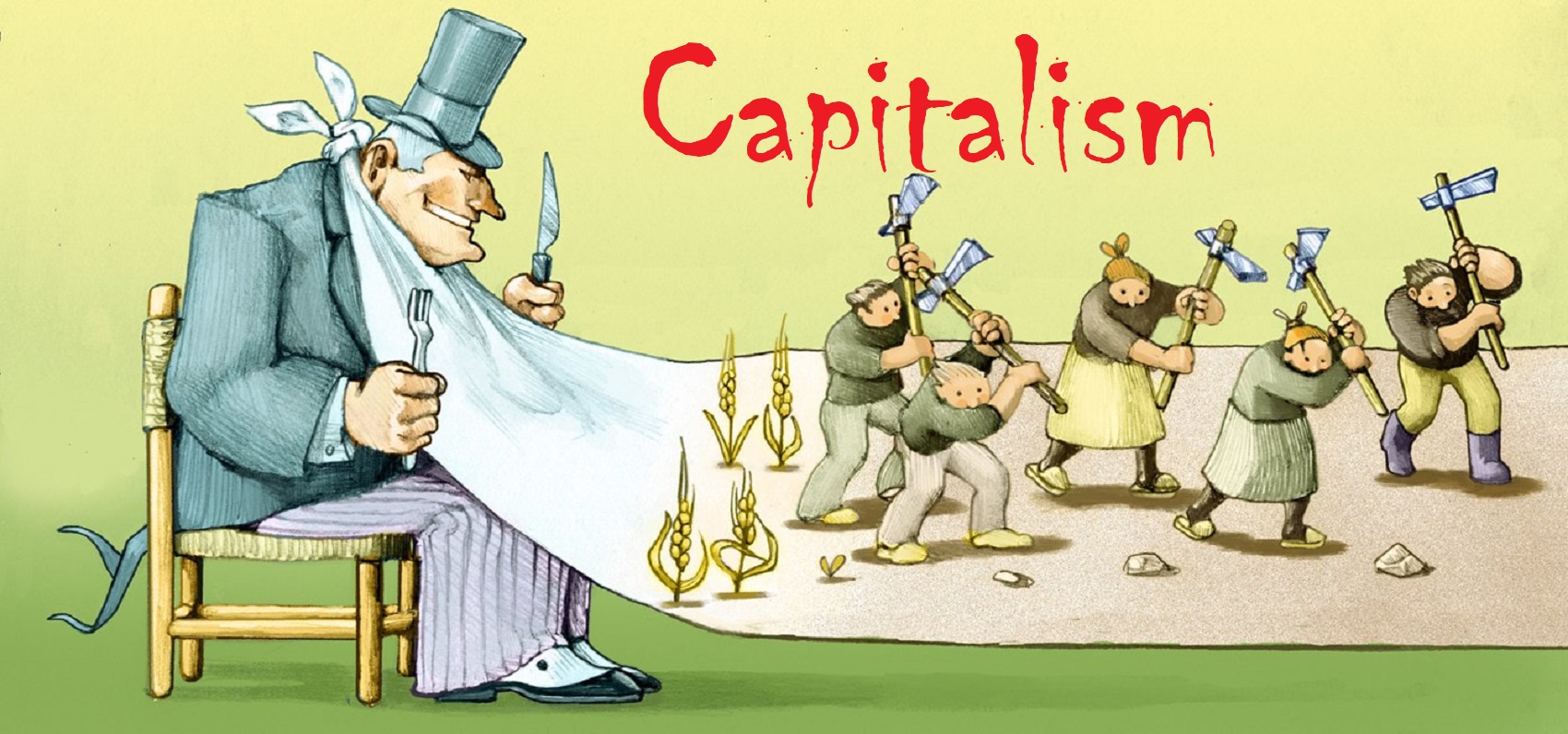
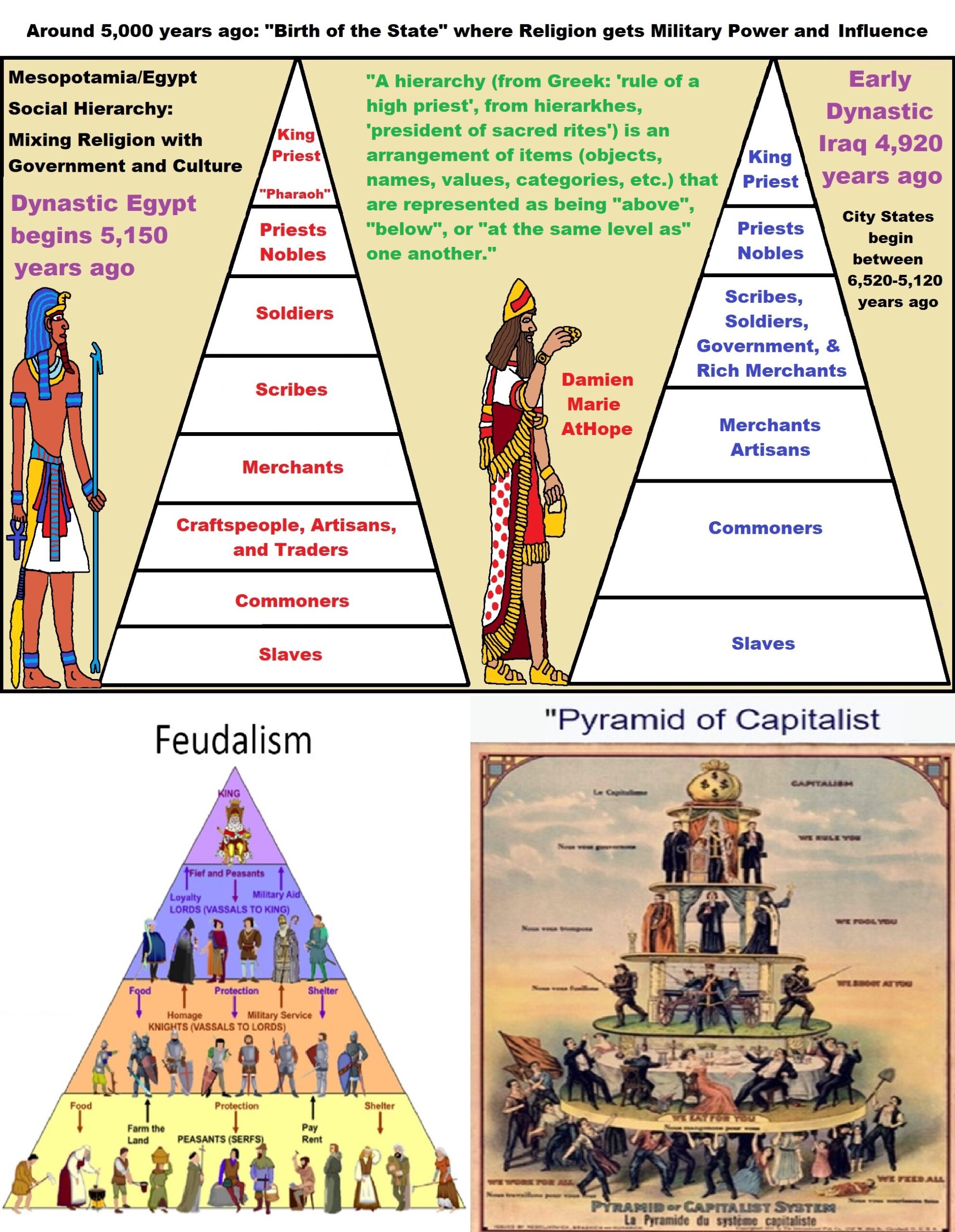
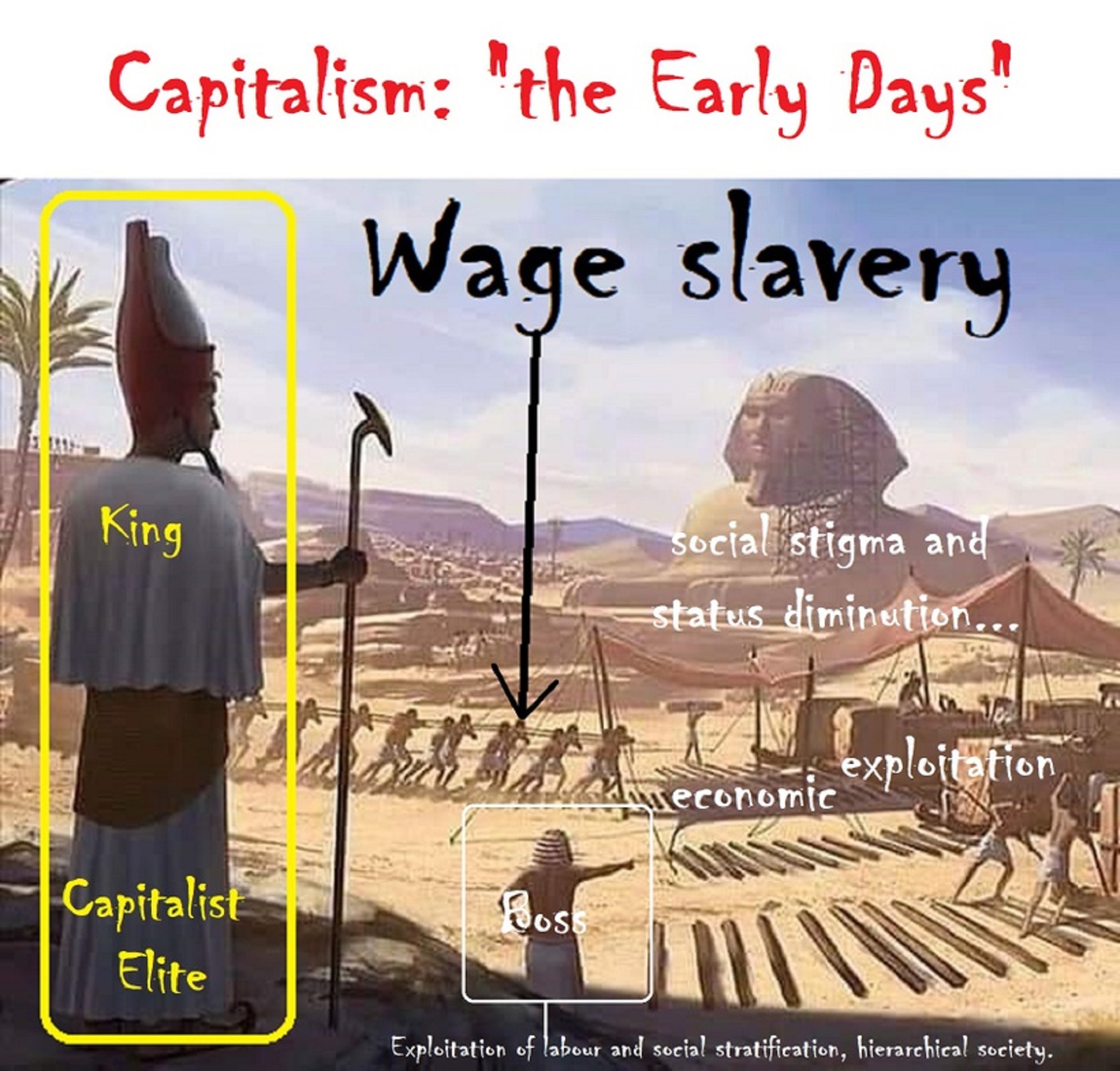
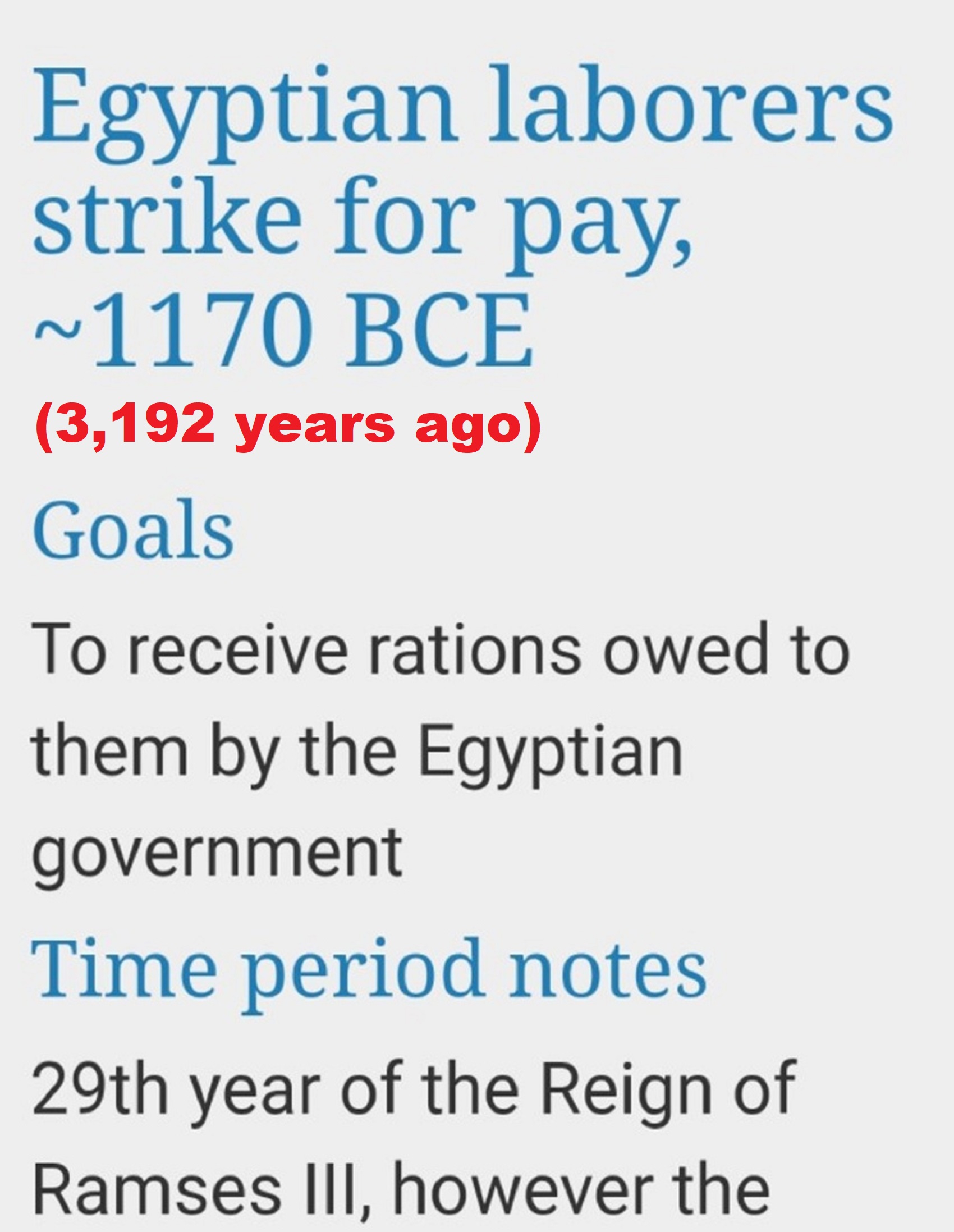
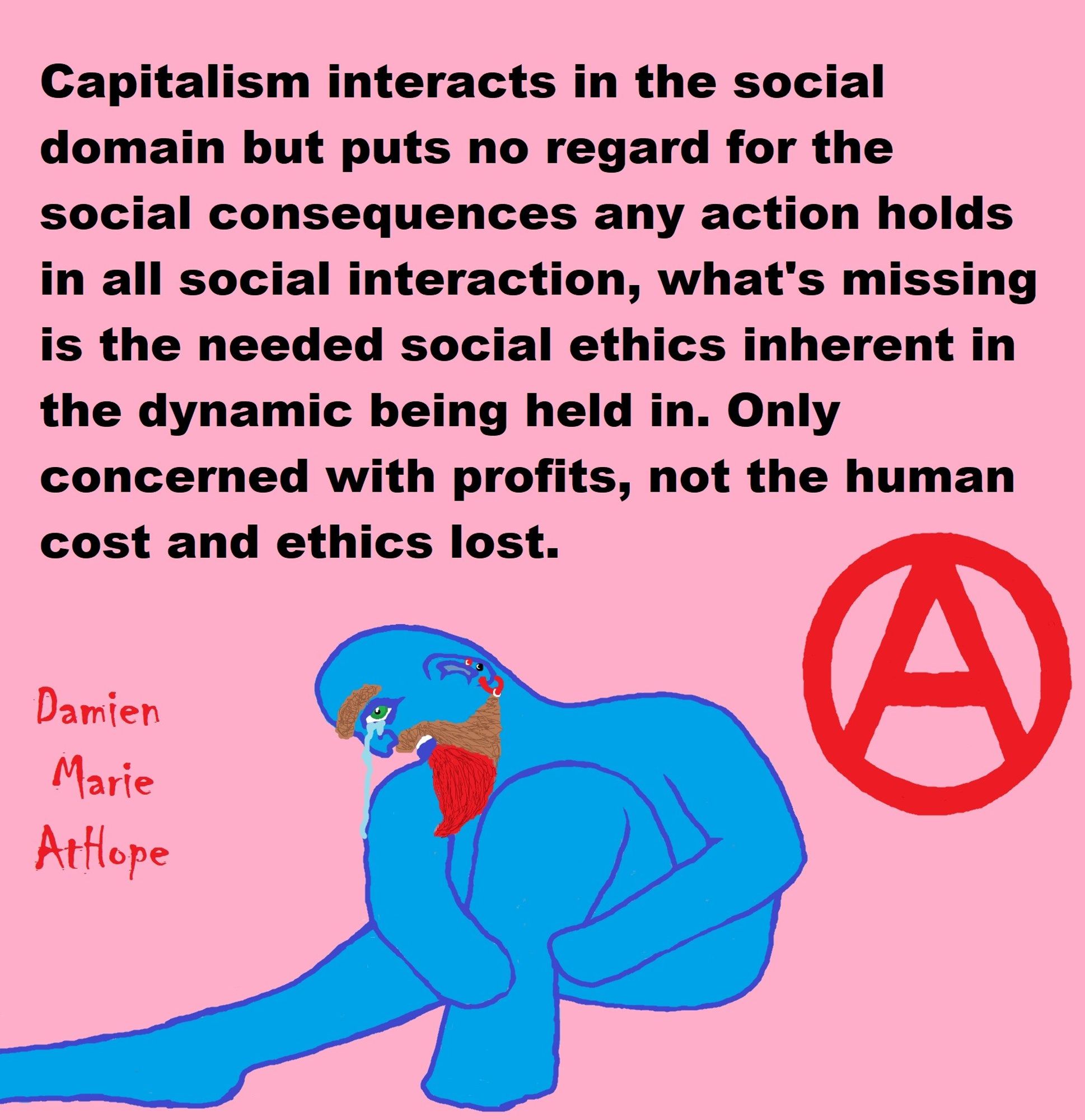
I Smile for You
Yes it took me 36 years before walking up to the cultic religious indoctrination of my youth but now I am a Firebrand Atheist, but from what I went through I am such a hard atheist but I am one with a deeply companionate heart. A lot of my connection with other’s feelings, is do to all the oppression, shame, and self hatred abuse under indicated Religion that it made me quite unfit as a fellow human. However, all was not lost as I have regained what was so wrongly stolen from me. My heart of kindness… I have it once again and only want to freely give it to the world asking if they too can just be a little kinder, a little more understanding and a little more supportive. I thank you everyone in my life who cares as well, for you are often my example for truly being beautiful as a person. I have come to realize “at least for me”, in the end all we ever really have is our connection with others.
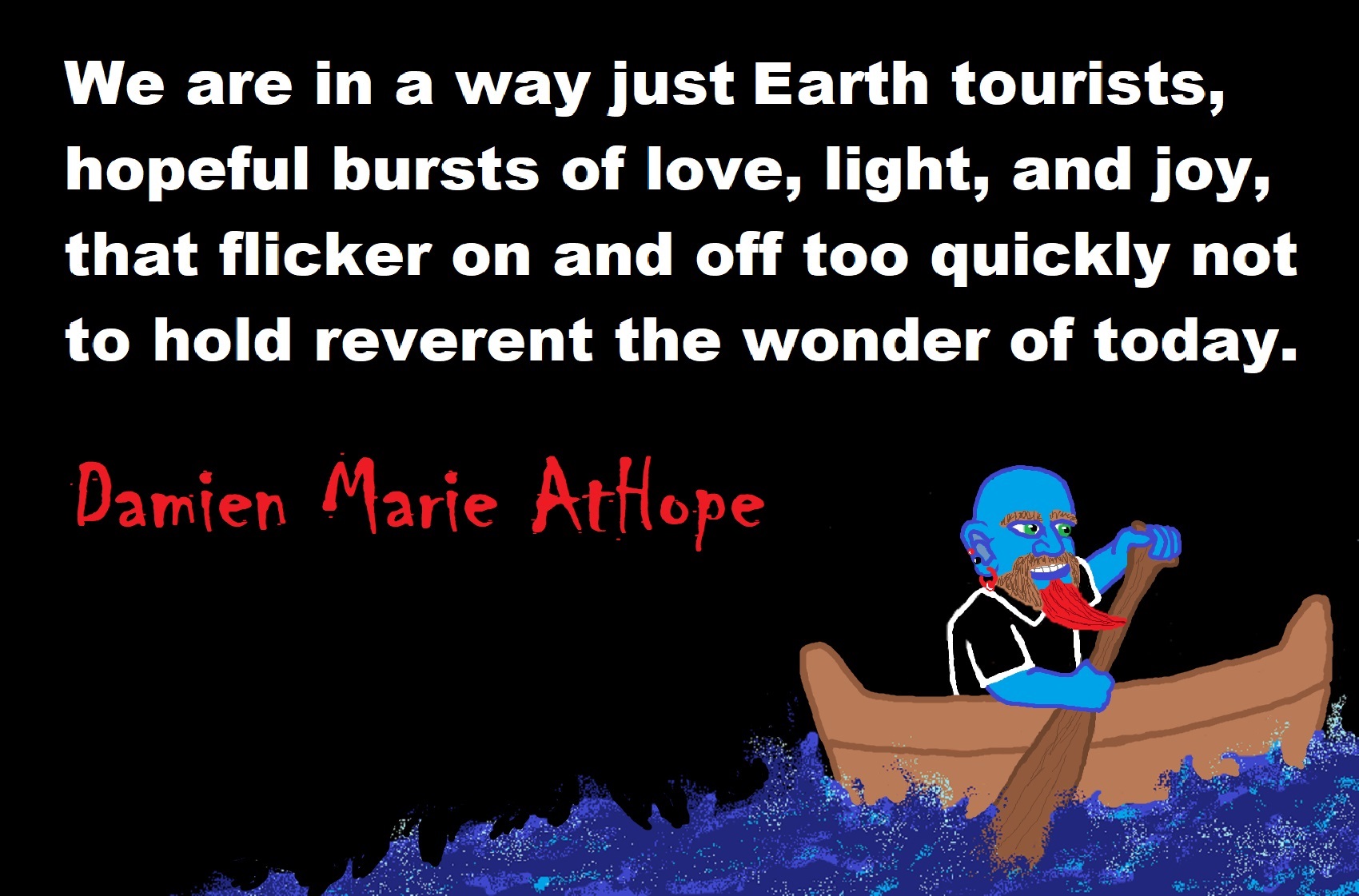
Noam Chomsky: The Kind of Anarchism I Believe in, and What’s Wrong with Libertarians
Anarchism “assumes that the burden of proof for anyone in a position of power and authority lies on them,” explains Chomsky.
The following is the adapted text of an interview that first appeared in Modern Success magazine.
So many things have been written about, and discussed by, Professor Chomsky, it was a challenge to think of anything new to ask him: like the grandparent you can’t think of what to get for Christmas because they already have everything.
Michael S. Wilson: You are, among many other things, a self-described anarchist — an anarcho-syndicalist, specifically. Most people think of anarchists as disenfranchised punks throwing rocks at store windows, or masked men tossing ball-shaped bombs at fat industrialists. Is this an accurate view? What is anarchy to you?
Noam Chomsky: Well, anarchism is, in my view, basically a kind of tendency in human thought which shows up in different forms in different circumstances, and has some leading characteristics. Primarily it is a tendency that is suspicious and skeptical of domination, authority, and hierarchy. It seeks structures of hierarchy and domination in human life over the whole range, extending from, say, patriarchal families to, say, imperial systems, and it asks whether those systems are justified. It assumes that the burden of proof for anyone in a position of power and authority lies on them. Their authority is not self-justifying. They have to give a reason for it, a justification. And if they can’t justify that authority and power and control, which is the usual case, then the authority ought to be dismantled and replaced by something more free and just. And, as I understand it, anarchy is just that tendency. It takes different forms at different times.Anarcho-syndicalism is a particular variety of anarchism which was concerned primarily, though not solely, but primarily with control over work, over the work place, over production. It took for granted that working people ought to control their own work, its conditions, [that] they ought to control the enterprises in which they work, along with communities, so they should be associated with one another in free associations, and … democracy of that kind should be the foundational elements of a more general free society. And then, you know, ideas are worked out about how exactly that should manifest itself, but I think that is the core of anarcho-syndicalist thinking. I mean it’s not at all the general image that you described — people running around the streets, you know, breaking store windows — but [anarcho-syndicalism] is a conception of a very organized society, but organized from below by direct participation at every level, with as little control and domination as is feasible, maybe none.
Wilson: With the apparent ongoing demise of the capitalist state, many people are looking at other ways to be successful, to run their lives, and I’m wondering what you would say anarchy and syndicalism have to offer, things that others ideas — say, for example, state-run socialism — have failed to offer? Why should we choose anarchy, as opposed to, say, libertarianism?
Chomsky: Well what’s called libertarian in the United States, which is a special U. S. phenomenon, it doesn’t really exist anywhere else — a little bit in England — permits a very high level of authority and domination but in the hands of private power: so private power should be unleashed to do whatever it likes. The assumption is that by some kind of magic, concentrated private power will lead to a more free and just society. Actually that has been believed in the past. Adam Smith for example, one of his main arguments for markets was the claim that under conditions of perfect liberty, markets would lead to perfect equality. Well, we don’t have to talk about that! That kind of —
Wilson: It seems to be a continuing contention today …
Chomsky: Yes, and so well that kind of libertarianism, in my view, in the current world, is just a call for some of the worst kinds of tyranny, namely unaccountable private tyranny. Anarchism is quite different from that. It calls for an elimination to tyranny, all kinds of tyranny. Including the kind of tyranny that’s internal to private power concentrations. So why should we prefer it? Well I think because freedom is better than subordination. It’s better to be free than to be a slave. It’s better to be able to make your own decisions than to have someone else make decisions and force you to observe them. I mean, I don’t think you really need an argument for that. It seems like … transparent.
The thing you need an argument for, and should give an argument for, is, How can we best proceed in that direction? And there are lots of ways within the current society. One way, incidentally, is through use of the state, to the extent that it is democratically controlled. I mean in the long run, anarchists would like to see the state eliminated. But it exists, alongside of private power, and the state is, at least to a certain extent, under public influence and control — could be much more so. And it provides devices to constrain the much more dangerous forces of private power. Rules for safety and health in the workplace for example. Or insuring that people have decent health care, let’s say. Many other things like that. They’re not going to come about through private power. Quite the contrary. But they can come about through the use of the state system under limited democratic control … to carry forward reformist measures. I think those are fine things to do. they should be looking forward to something much more, much beyond, — namely actual, much larger-scale democratization. And that’s possible to not only think about, but to work on. So one of the leading anarchist thinkers, Bakunin in the 19th cent, pointed out that it’s quite possible to build the institutions of a future society within the present one. And he was thinking about far more autocratic societies than ours. And that’s being done. So for example, worker- and community- controlled enterprises are germs of a future society within the present one. And those not only can be developed, but are being developed. There’s some important work on this by Gar Alperovitz who’s involved in the enterprise systems around the Cleveland area which are worker and community controlled. There’s a lot of theoretical discussion of how it might work out, from various sources. Some of the most worked out ideas are in what’s called the “parecon” — participatory economics — literature and discussions. And there are others. These are at the planning and thinking level. And at the practical implementation level, there are steps that can be taken, while also pressing to overcome the worst … the major harms … caused by … concentration of private power through the use of state system, as long as the current system exists. So there’s no shortage of means to pursue.
As for state socialism, depends what one means by the term. If it’s tyranny of the Bolshevik variety (and its descendants), we need not tarry on it. If it’s a more expanded social democratic state, then the comments above apply. If something else, then what? Will it place decision-making in the hands of working people and communities, or in hands of some authority? If the latter, then — once again — freedom is better than subjugation, and the latter carries a very heavy burden of justification.
Wilson: Many people know you because of your and Edward Herman’s development of the Propaganda Model. Could you briefly describe that model and why it might be important to [college] students?
Chomsky: Well first look back a bit — a little historical framework — back in the late 19th-, early 20th century, a good deal of freedom had been won in some societies. At the peak of this were in fact the United States and Britain. By no means free societies, but by comparative standards quite advanced in this respect. In fact so advanced, that power systems — state and private — began to recognize that things were getting to a point where they can’t control the population by force as easily as before, so they are going to have to turn to other means of control. And the other means of control are control of beliefs and attitudes. And out of that grew the public relations industry, which in those days described itself honestly as an industry of propaganda.
The guru of the PR industry, Edward Bernays — incidentally, not a reactionary, but a Wilson-Roosevelt-Kennedy liberal — the maiden handbook of the PR industry which he wrote back in the 1920s was calledPropaganda. And in it he described, correctly, the goal of the industry. He said our goal is to insure that the “intelligent minority” — and of course anyone who writes about these things is part of that intelligent minority by definition, by stipulation, so we, the intelligent minority, are the only people capable of running things, and there’s that great population out there, the “unwashed masses,” who, if they’re left alone will just get into trouble: so we have to, as he put it, “engineer their consent,” figure out ways to insure they consent to our rule and domination. And that’s the goal of the PR industry. And it works in many ways. Its primary commitment is commercial advertising. In fact, Bernays made his name right at that time — late 20s — by running an advertising campaign to convince women to smoke cigarettes: women weren’t smoking cigarettes, this big group of people who the tobacco industry isn’t able to kill, so we’ve got to do something about that. And he very successfully ran campaigns that induced women to smoke cigarettes: that would be, in modern terms, the cool thing to do, you know, that’s the way you get to be a modern, liberated woman. It was very successful —
Wilson: Is there a correlation between that campaign and what’s happening with the big oil industry right now and climate change?
Chomsky: These are just a few examples. These are the origins of what became a huge industry of controlling attitudes and opinions. Now the oil industry today, and in fact the business world generally, are engaged in comparable campaigns to try to undermine efforts to deal with a problem that’s even greater than the mass murder that was caused by the tobacco industry; and it was mass murder. We are facing a threat, a serious threat, of catastrophic climate change. And it’s no joke. And [the oil industry is] trying to impede measures to deal with it for their own short-term profit interests. And that includes not only the petroleum industry, but the American Chamber of Commerce — the leading business lobby — and others, who’ve stated quite openly that they’re conducting … they don’t call it propaganda … but what would amount to propaganda campaigns to convince people that there’s no real danger and we shouldn’t really do much about it, and that we should concentrate on really important things like the deficit and economic growth — what they call ‘growth’ — and not worry about the fact that the human species is marching over a cliff which could be something like [human] species destruction; or at least the destruction of the possibility of a decent life for huge numbers of people. And there are many other correlations.
In fact quite generally, commercial advertising is fundamentally an effort to undermine markets. We should recognize that. If you’ve taken an economics course, you know that markets are supposed to be based on informed consumers making rational choices. You take a look at the first ad you see on television and ask yourself … is that its purpose? No it’s not. It’s to create uninformed consumers making irrational choices. And these same institutions run political campaigns. It’s pretty much the same: you have to undermine democracy by trying to get uninformed people to make irrational choices. And so this is only one aspect of the PR industry. What Herman and I were discussing was another aspect of the whole propaganda system that developed roughly at that period, and that’s “manufacture of consent,” as it was called, [consent] to the decisions of our political leaders, or the leaders of the private economy, to try to insure that people have the right beliefs and don’t try to comprehend the way decisions are being made that may not only harm them, but harm many others. That’s propaganda in the normal sense. And so we were talking about mass media, and the intellectual community of the world in general, which is to a large extent dedicated to this. Not that people see themselves as propagandists, but … that they are themselves deeply indoctrinated into the principles of the system, which prevent them from perceiving many things that are really right on the surface, [things] that would be subversive to power if understood. We give plenty of examples there and there’s plenty more you can mention up to the present moment, crucial ones in fact. That’s a large part of a general system of indoctrination and control that runs parallel to controlling attitudes and … consumeristic commitments, and other devices to control people.
You mentioned students before. Well one of the main problems for students today — a huge problem — is sky-rocketing tuitions. Why do we have tuitions that are completely out-of-line with other countries, even with our own history? In the 1950s the United States was a much poorer country than it is today, and yet higher education was … pretty much free, or low fees or no fees for huge numbers of people. There hasn’t been an economic change that’s made it necessary, now, to have very high tuitions, far more than when we were a poor country. And to drive the point home even more clearly, if we look just across the borders, Mexico is a poor country yet has a good educational system with free tuition. There was an effort by the Mexican state to raise tuition, maybe some 15 years ago or so, and there was a national student strike which had a lot of popular support, and the government backed down. Now that’s just happened recently in Quebec, on our other border. Go across the ocean: Germany is a rich country. Free tuition. Finland has the highest-ranked education system in the world. Free … virtually free. So I don’t think you can give an argument that there are economic necessities behind the incredibly high increase in tuition. I think these are social and economic decisions made by the people who set policy. And [these hikes] are part of, in my view, part of a backlash that developed in the 1970s against the liberatory tendencies of the 1960s. Students became much freer, more open, they were pressing for opposition to the war, for civil rights, women’s rights … and the country just got too free. In fact, liberal intellectuals condemned this, called it a “crisis of democracy:” we’ve got to have more moderation of democracy. They called, literally, for more commitment to indoctrination of the young, their phrase … we have to make sure that the institutions responsible for the indoctrination of the young do their work, so we don’t have all this freedom and independence. And many developments took place after that. I don’t think we have enough direct documentation to prove causal relations, but you can see what happened. One of the things that happened was controlling students — in fact, controlling students for the rest of their lives, by simply trapping them in debt. That’s a very effective technique of control and indoctrination. And I suspect — I can’t prove — but I suspect that that’s a large part of the reason behind [high tuitions]. Many other parallel things happened. The whole economy changed in significant ways to concentrate power, to undermine workers’ rights and freedom. In fact the economist who chaired the Federal Reserve around the Clinton years, Alan Greenspan — St. Alan as he was called then, the great genius of the economics profession who was running the economy, highly honored — he testified proudly before congress that the basis for the great economy that he was running was what he called “growing worker insecurity.” If workers are more insecure, they won’t do things, like asking for better wages and better benefits. And that’s healthy for the economy from a certain point of view, a point of view that says workers ought to be oppressed and controlled, and that wealth ought to be concentrated in a very few pockets. So yeah, that’s a healthy economy, and we need growing worker insecurity, and we need growing student insecurity, for similar reasons. I think all of these things line up together as part of a general reaction — a bipartisan reaction, incidentally — against liberatory tendencies which manifested themselves in the 60s and have continued since.
Wilson: [Finally, ]I’m wondering if you could [end with some advice for today’s college students].
Chomsky: There are plenty of problems in the world today, and students face a number of them, including the ones I mentioned — the joblessness, insecurity and so on. Yet on the other hand, there has been progress. In a lot of respects things are a lot more free and advanced than they were … not many years ago. So many things that were really matters of struggle, in fact even some barely even mentionable, say, in the 1960s, are now … partially resolved. Things like women’s rights. Gay rights. Opposition to aggression. Concern for the environment — which is nowhere near where it ought to be, but far beyond the 1960s. These victories for freedom didn’t come from gifts from above. They came from people struggling under conditions that are harsher than they are now. There is state repression now. But it doesn’t begin to compare with, say, Cointelpro in the 1960s. People that don’t know about that ought to read and think to find out. And that leaves lots of opportunities. Students, you know, are relatively privileged as compared with the rest of the population. They are also in a period of their lives where they are relatively free. Well that provides for all sorts of opportunities. In the past, such opportunities have been taken by students who have often been in the forefront of progressive change, and they have many more opportunities now. It’s never going to be easy. There’s going to be repression. There’s going to be backlash. But that’s the way society moves forward. Ref
- Anarchy Atheism
- I am a “Real Anarchist” not an “Anarcho-Capitalist”
- Atheist Anarchists Discussion
- Interview with Anarchist and Firebrand Atheist Courtney Connatser
- My Atheistic (socialist-anarchist) Humanism?
- Anarcho-Humanism
- What Inspires My Anarcho-Humanism?
- I am an Axiological Atheist, with a Rationalist Persuasion, who Supports Anarcho-Humanism
- I am an Anarchist and Strive to Fight Injustice
- Feminist atheists as far back as the 1800s?
- Defending my Antireligious Firebrand Atheist Activism
- Self-ownership, Human Rights, and Societal Liberty or Freedoms
- Self-ownership/Body-ownership: Sexual Consent, Abortion, Genital Mutilation, Prostitution, Drugs, and the Right to Die
- The Need for Consent and the value of Body Ownership: Healthy Sex Talk with Kids
- “No gODs, No Masters”
- A Little On MY Revolutionary Politics
- Atheism creates Individualism?
- Atheistic Humanism?
- Don’t be Boxed in by Abstraction
Caring Firebrand Axiological Atheist, Antitheist, and Antireligionist as a Valuized Ethical Duty.
What inspires my anarcho-humanism has three core truths to my ethical anarchist persuasion:
1. We are all one connected human family, proven by DNA showing we should treat each other as fellow dignity beings, supported equally (no gods and no masters = “Anarcho”).
2. No one owns the earth, we may make claims to it even draw lines on maps thinking this makes the fantasy borders, illusion supported by force and the potential for threat. Thus the ethical truth is we need to share the earth as communally as possible. And use the resources as safe and ethically as possible striving towards sharing and caring. (do no Harm and do good = Humanism)
3. If you can’t trust people with freedom how can you trust them with power? Government is only as good as what they provide but I don’t trust ones that have rights over my body. How much more of a violation do you need to show their harm? I am not anti-society, I value good governance just don’t need the extra dead weight of government. There is not one thing a government is valued for that a non-government group with the same financial support and resources could not also do. I get we rise by helping each other and supporting universal betterment and human flourishing. Helping is Helpful: Valuing, Motivating, Supporting humanity is limited by nationalism and the, us Vs them, as if you should feel connected to only a few humans just because people invented the mental concept of land ownership, you mean you assert that you will harm others for an amount of the earth’s surface. Seeing with anarcho-humanism eyes helps you see how to Grow in Our Positive Outcomes: Gratitude, Empathy and Kindness. We can become a more quality person by actively being aware and developing a gratitude for life, which supports as well as grows our feelings of empathy, that then motivates the behaviour of kindness. And kindness flourishes in openness and freedom. (No gods no masters as well as do no harm and do good = Anarcho-humanism)
If axiology is a value-based ethics system, how are the ethical values established?
I Am an Atheist-Humanist who is a Socialist, Collectivist, Mutualist, Anarchist: (Anarcho-Humanist)
“Hierarchy to me means oppression and brutality.”
Empathy and Human Dignity?
States may often have powers, but only citizens have the glue of morality we call rights. And, as they say, in my “dream society”, lots of things are free (aka. planting free food everywhere, free to everyone); but I wonder what you mean when people say you can’t just let things be free, I think, yeah, how can I take free stuff from a free earth.
If axiology is a value-based ethics system, how are the ethical values established?
Everyone Loves Ethics
Anarcho-Humanism, to me, is atheistic humanism with an unconditional social awareness:
Anarcho (anarchism): “No Gods – No Masters”
Humanism: “No Harm – Do Good”
Check out my political page on Facebook: Axiological Leftist
Axiological Ethics not Pseudo Morality
New Mutualism
HUMANISM: the philosophic thinking that humans can solve human problems by human means, without feeling a need to appeal to the likes of holy books, mystical anything, nor the belief in gods or religions. But, instead, aspires to a true belief in humanity, viewing it with a persuasion of equality. This caring realist thinking found in humanism utilizes an unstated assumption or aspiration, to do no harm as much as posable and to do good whenever one can.
Rationalism, Freethinker, Humanism & Secular humanism?
My core definition of humanism is that humans can solve human problems by human means. I am not saying other things can’t or shouldn’t be added to it but to me, a definition of humanism must always contain something coherent to such a thinking or not contradict such as I have offered. Thus, why it is appropriate to say “good without god” when one is a humanist.
Why are most anarchists atheists?
It is a fact that most anarchists are atheists. They reject the idea of god and oppose all forms of religion, particularly organized religion. So why do so many anarchists embrace atheism? The simplest answer is that most anarchists are atheists because it is a logical extension of anarchist ideas. If anarchism is the rejection of illegitimate authorities, then it follows that it is the rejection of the so-called Ultimate Authority, God. Anarchism is grounded in reason, logic, and scientific thinking, not religious thinking. Anarchists tend to be rationalists and/or skeptics, and not believers. Most anarchists consider the Church to be steeped in hypocrisy and the Bible a work of fiction, riddled with contradictions, absurdities, and horrors. It is notorious in its debasement of women and its sexism is infamous. Yet men are treated little better. Nowhere in the bible is there an acknowledgment that human beings have inherent rights to life, liberty, happiness, dignity, fairness, or self-government. In the bible, humans are sinners, worms, and slaves (figuratively and literally, as it condones slavery). God has all the rights, humanity is nothing. This is unsurprisingly, given the nature of religion. Bakunin put it best:
“The idea of God implies the abdication of human reason and justice; it is the most decisive negation of human liberty, and necessarily ends in the enslavement of mankind, both in theory and in practice.
“Unless, then, we desire the enslavement and degradation of mankind . . . we may not, must not make the slightest concession either to the God of theology or to the God of metaphysics. He who, in this mystical alphabet, begins with A will inevitably end with Z; he who desires to worship God must harbour no childish illusions about the matter, but bravely renounce his liberty and humanity.
“If God is, man is a slave; now, man can and must be free; then, God does not exist.” [God and the State, p. 25]
For most anarchists, then, atheism is required due to the nature of religion. “To proclaim as divine all that is grand, just, noble, and beautiful in humanity,”Bakunin argued, “is to tacitly admit that humanity of itself would have been unable to produce it — that is, that, abandoned to itself, its own nature is miserable, iniquitous, base, and ugly. Thus we come back to the essence of all religion — in other words, to the disparagement of humanity for the greater glory of divinity.” As such, to do justice to our humanity and the potential it has, anarchists argue that we must do without the harmful myth of god and all it entails and so on behalf of “human liberty, dignity, and prosperity, we believe it our duty to recover from heaven the goods which it has stolen and returned them to earth.” [Op. Cit., p. 37 and p. 36]
As well as the theoretical degrading of humanity and its liberty, religion has other, more practical, problems with it from an anarchist point of view. Firstly, religions have been a source of inequality and oppression. Christianity (like Islam), for example, has always been a force for repression whenever it holds any political or social sway (believing you have a direct line to god is a sure way of creating an authoritarian society). The Church has been a force of social repression, genocide, and the justification for every tyrant for nearly two millennia. When given the chance it has ruled as cruelly as any monarch or dictator. This is unsurprising:
“God being everything, the real world and man are nothing. God being truth, justice, goodness, beauty, power and life, man is falsehood, iniquity, evil, ugliness, impotence, and death. God being master, man is the slave. Incapable of finding justice, truth, and eternal life by his own effort, he can attain them only through a divine revelation. But whoever says revelation, says revealers, messiahs, prophets, priests, and legislators inspired by God himself; and these, as the holy instructors of humanity, chosen by God himself to direct it in the path of salvation, necessarily exercise absolute power. All men owe them passive and unlimited obedience; for against the divine reason there is no human reason, and against the justice of God no terrestrial justice holds.” [Bakunin, Op. Cit., p. 24]
Christianity has only turned tolerant and peace-loving when it is powerless and even then it has continued its role as apologist for the powerful. This is the second reason why anarchists oppose the church for when not being the source of oppression, the church has justified it and ensured its continuation. It has kept the working class in bondage for generations by sanctioning the rule of earthly authorities and teaching working people that it is wrong to fight against those same authorities. Earthly rulers received their legitimisation from the heavenly lord, whether political (claiming that rulers are in power due to god’s will) or economic (the rich having been rewarded by god). The bible praises obedience, raising it to a great virtue. More recent innovations like the Protestant work ethic also contribute to the subjugation of working people. That religion is used to further the interests of the powerful can quickly be seen from most of history. It conditions the oppressed to humbly accept their place in life by urging the oppressed to be meek and await their reward in heaven. As Emma Goldman argued, Christianity (like religion in general) “contains nothing dangerous to the regime of authority and wealth; it stands for self-denial and self-abnegation, for penance and regret, and is absolutely inert in the face of every [in]dignity, every outrage imposed upon mankind.” [Red Emma Speaks, p. 234]
Thirdly, religion has always been a conservative force in society. This is unsurprising, as it bases itself not on investigation and analysis of the real world but rather in repeating the truths handed down from above and contained in a few holy books. Theism is then “the theory of speculation” while atheism is “the science of demonstration.” The “one hangs in the metaphysical clouds of the Beyond, while the other has its roots firmly in the soil. It is the earth, not heaven, which man must rescue if he is truly to be saved.” Atheism, then, “expresses the expansion and growth of the human mind” while theism “is static and fixed.” It is “the absolutism of theism, its pernicious influence upon humanity, its paralysing effect upon thought and action, which Atheism is fighting with all its power.” [Emma Goldman, Op. Cit., p. 243, p. 245 and pp. 246–7]
As the Bible says, “By their fruits shall ye know them.” We anarchists agree but unlike the church we apply this truth to religion as well. That is why we are, in the main, atheists. We recognise the destructive role played by the Church, and the harmful effects of organised monotheism, particularly Christianity, on people. As Goldman summaries, religion “is the conspiracy of ignorance against reason, of darkness against light, of submission and slavery against independence and freedom; of the denial of strength and beauty, against the affirmation of the joy and glory of life.” [Op. Cit., p. 240]
So, given the fruits of the Church, anarchists argue that it is time to uproot it and plant new trees, the trees of reason and liberty. That said, anarchists do not deny that religions contain important ethical ideas or truths. Moreover, religions can be the base for strong and loving communities and groups. They can offer a sanctuary from the alienation and oppression of everyday life and offer a guide to action in a world where everything is for sale. Many aspects of, say, Jesus’ or Buddha’s life and teachings are inspiring and worth following. If this were not the case, if religions were simply a tool of the powerful, they would have long ago been rejected. Rather, they have a dual-nature in that contain both ideas necessary to live a good life as well as apologetics for power. If they did not, the oppressed would not believe and the powerful would suppress them as dangerous heresies. And, indeed, repression has been the fate of any group that has preached a radical message. In the middle ages numerous revolutionary Christian movements and sects were crushed by the earthly powers that be with the firm support of the mainstream church. During the Spanish Civil War the Catholic church supported Franco’s fascists, denouncing the killing of pro-Franco priests by supporters of the republic while remaining silent about Franco’s murder of Basque priests who had supported the democratically elected government (Pope John Paul II is seeking to turn the dead pro-Franco priests into saints while the pro-Republican priests remain unmentioned). The Archbishop of El Salvador, Oscar Arnulfo Romero, started out as a conservative but after seeing the way in which the political and economic powers were exploiting the people became their outspoken champion. He was assassinated by right-wing paramilitaries in 1980 because of this, a fate which has befallen many other supporters of liberation theology, a radical interpretation of the Gospels which tries to reconcile socialist ideas and Christian social thinking. Nor does the anarchist case against religion imply that religious people do not take part in social struggles to improve society. Far from it. Religious people, including members of the church hierarchy, played a key role in the US civil rights movement of the 1960s. The religious belief within Zapata’s army of peasants during the Mexican revolution did not stop anarchists taking part in it (indeed, it had already been heavily influenced by the ideas of anarchist militant Ricardo Flores Magon). It is the dual-nature of religion which explains why many popular movements and revolts (particularly by peasants) have used the rhetoric of religion, seeking to keep the good aspects of their faith will fighting the earthly injustice its official representatives sanctify. For anarchists, it is the willingness to fight against injustice which counts, not whether someone believes in god or not. We just think that the social role of religion is to dampen down a revolt, not encourage it. The tiny number of radical priests compared to those in the mainstream or on the right suggests the validity of our analysis. It should be stressed that anarchists, while overwhelmingly hostile to the idea of the Church and an established religion, do not object to people practising religious belief on their own or in groups, so long as that practice doesn’t impinge on the liberties of others. For example, a cult that required human sacrifice or slavery would be antithetical to anarchist ideas, and would be opposed. But peaceful systems of belief could exist in harmony within in anarchist society. The anarchist view is that religion is a personal matter, above all else — if people want to believe in something, that’s their business, and nobody else’s as long as they do not impose those ideas on others. All we can do is discuss their ideas and try and convince them of their errors. To end, it should be noted that we are not suggesting that atheism is somehow mandatory for an anarchist. Far from it. As we discuss in section A.3.7, there are anarchists who do believe in god or some form of religion. For example, Tolstoy combined libertarian ideas with a devout Christian belief. His ideas, along with Proudhon’s, influences the Catholic Worker organisation, founded by anarchists Dorothy Day and Peter Maurin in 1933 and still active today. The anarchist activist Starhawk, active in the current anti-globalization movement, has no problems also being a leading Pagan. However, for most anarchists, their ideas lead them logically to atheism for, as Emma Goldman put it, “in its negation of gods is at the same time the strongest affirmation of man, and through man, the eternal yea to life, purpose, and beauty.” [Red Emma Speaks, p. 248] – An Anarchist FAQ – Medium
Anarchist clashes with religion
Anarchists have traditionally been skeptical of or vehemently opposed to organized religion. Nevertheless, some anarchists have provided religious interpretations and approaches to anarchism, including the idea that glorification of the state is a form of sinful idolatry. Anarchists “are generally non-religious and are frequently anti-religious, and the standard anarchist slogan is the phrase coined by a non-anarchist, the socialist Auguste Blanqui in 1880: ‘Ni Dieu ni maître!’ (Neither God nor master!)…The argument for a negative connection is that religion supports politics, the Church supports the State, opponents of political authority also oppose religious authority”. William Godwin, “the author of the Enquiry Concerning Political Justice(1793), the first systematic text of libertarian politics, was a Calvinist minister who began by rejecting Christianity, and passed through deism to atheism and then what was later called agnosticism.” The pioneering German individualist anarchist Max Stirner, “began as a left-Hegelian, post-Feuerbachian atheist, rejecting the ‘spooks’ of religion as well as of politics including the spook of ‘humanity’”. Pierre-Joseph Proudhon, “the first person to call himself an anarchist, who was well known for saying, ‘Property is theft’, also said, ‘God is evil’ and ‘God is the eternal X’”. Published posthumously in French in 1882, Mikhail Bakunin‘s God and the State was one of the first anarchist treatises on religion. Bakunin expounds his philosophy of religion’s place in history and its relationship to the modern political state. It was later published in English by Mother Earth Publications in 1916. Anarcho-communism‘s main theorist Peter Kropotkin, “was a child of the Enlightenment and the Scientific Revolution, and assumed that religion would be replaced by science and that the Church, as well as the State, would be abolished; he was particularly concerned with the development of a secular system of ethics which replaced supernatural theology with natural biology”. Errico Malatesta and Carlo Cafiero, “the main founders of the Italian anarchist movement, both came from freethinking families (and Cafiero was involved with the National Secular Society when he visited London during the 1870s)”. In the French anarchist movement Eliseé Reclus was a son of a Calvinist minister, and began by rejecting religion before moving on to anarchism. Sebastien Faure, “the most active speaker and writer in the French movement for half a century, “ wrote an essay titled Twelve Proofs of God’s Inexistence. German insurrectionary anarchist Johann Most wrote an article called “The God Pestilence”. In the United States “freethought was a basically anti-christian, anti-clerical movement, whose purpose was to make the individual politically and spiritually free to decide for himself on religious matters. A number of contributors to Liberty were prominent figures in both freethought and anarchism. The individualist anarchist George MacDonald was a co-editor of Freethought and, for a time, The Truth Seeker. E.C. Walker was co-editor of the excellent free-thought / free love journal Lucifer, the Light-Bearer“. “Many of the anarchists were ardent freethinkers; reprints from freethought papers such as Lucifer, the Light-Bearer, Freethought and The Truth Seeker appeared in Liberty…The church was viewed as a common ally of the state and as a repressive force in and of itself”.Late 19th century/early 20th Century anarchists such as Voltairine de Cleyre were often associated with the freethinkers movement, advocating atheism. In Europe a similar development occurred in French and Spanish individualist anarchist circles. “Anticlericalism, just as in the rest of the libertarian movement, in another of the frequent elements which will gain relevance related to the measure in which the (French) Republic begins to have conflicts with the church…Anti-clerical discourse, frequently called for by the French individualist André Lorulot, will have its impacts in Estudios (a Spanish individualist anarchist publication). There will be an attack on institutionalized religion for the responsibility that it had in the past on negative developments, for its irrationality which makes it a counterpoint of philosophical and scientific progress. There will be a criticism of proselitism and ideological manipulation which happens on both believers and agnostics.”. These tendencies will continue in French individualist anarchism in the work and activism of Charles-Auguste Bontemps and others. In the Spanish individualist anarchist magazine Ética and Iniciales “there is a strong interest in publishing scientific news, usually linked to a certain atheist and anti-theist obsession, a philosophy which will also work for pointing out the incompatibility between science and religion, faith and reason. In this way there will be a lot of talk on Darwin´s theories or on the negation of the existence of the soul.”. Spanish anarchists in the early 20th century were responsible for burning several churches, though many of the church burnings were actually carried out by members of the Radical Party while anarchists were blamed. The implicit and/or explicit support by church leaders for the National Faction during the Spanish Civil War greatly contributed to anti-religious sentiment. Emma Goldman wrote in Anarchism: What It Really Stands For:
Anarchism has declared war on the pernicious influences which have so far prevented the harmonious blending of individual and social instincts, the individual and society. Religion, the dominion of the human mind; Property, the dominion of human needs; and Government, the dominion of human conduct, represent the stronghold of man’s enslavement and all the horrors it entails.
Chinese anarchists led the opposition to Christianity in the early 20th century, but the most prominent of them, Li Shizeng, made it clear that he opposed not only Christianity but all religion as such. When he became president of the Anti-Christian Movement of 1922 he told the Beijing Atheists’ League: “Religion is intrinsically old and corrupt: history has passed it by” and asked, “Why are we of the twentieth century… even debating this nonsense from primitive ages?” – Wikipedia
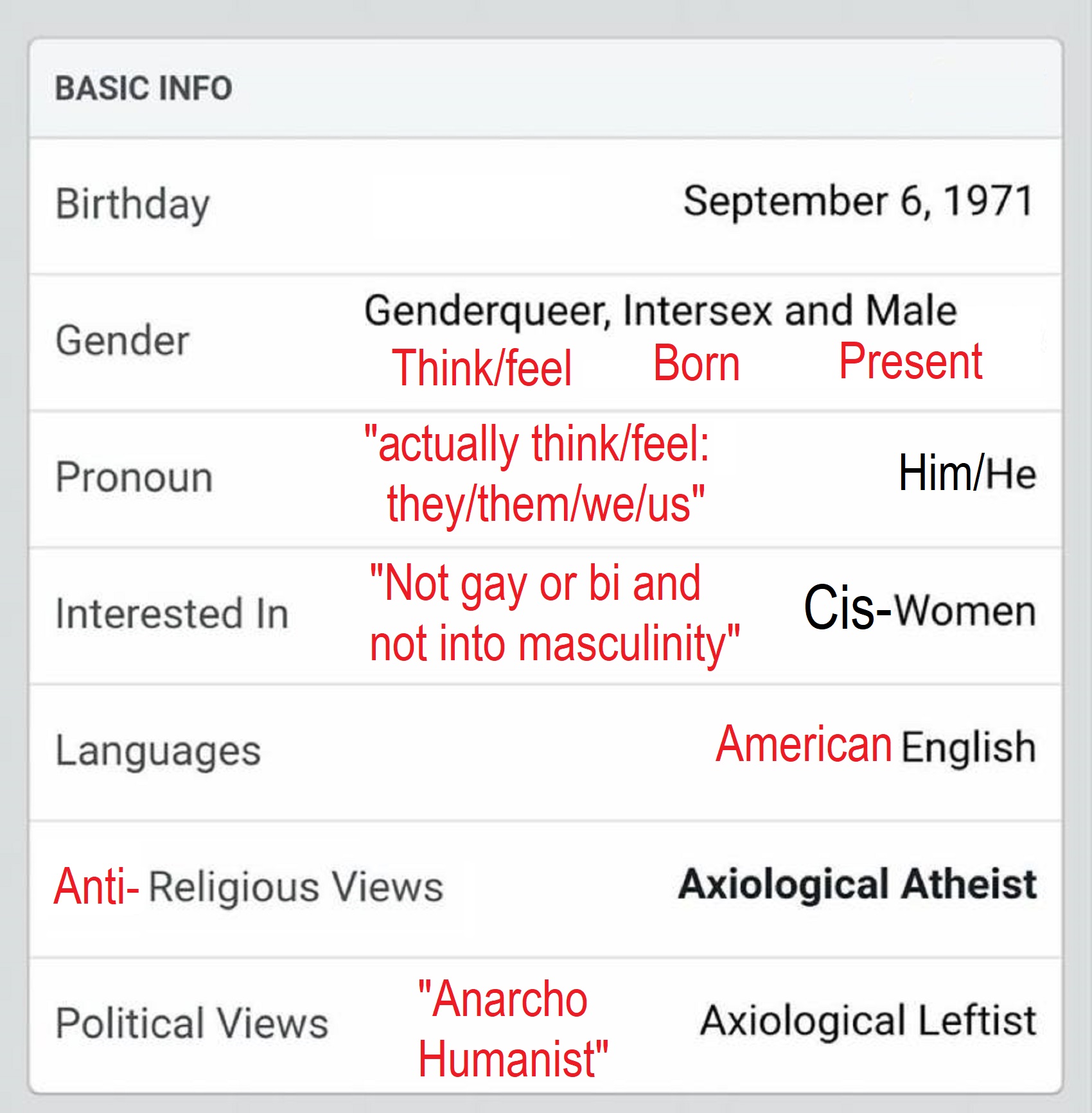

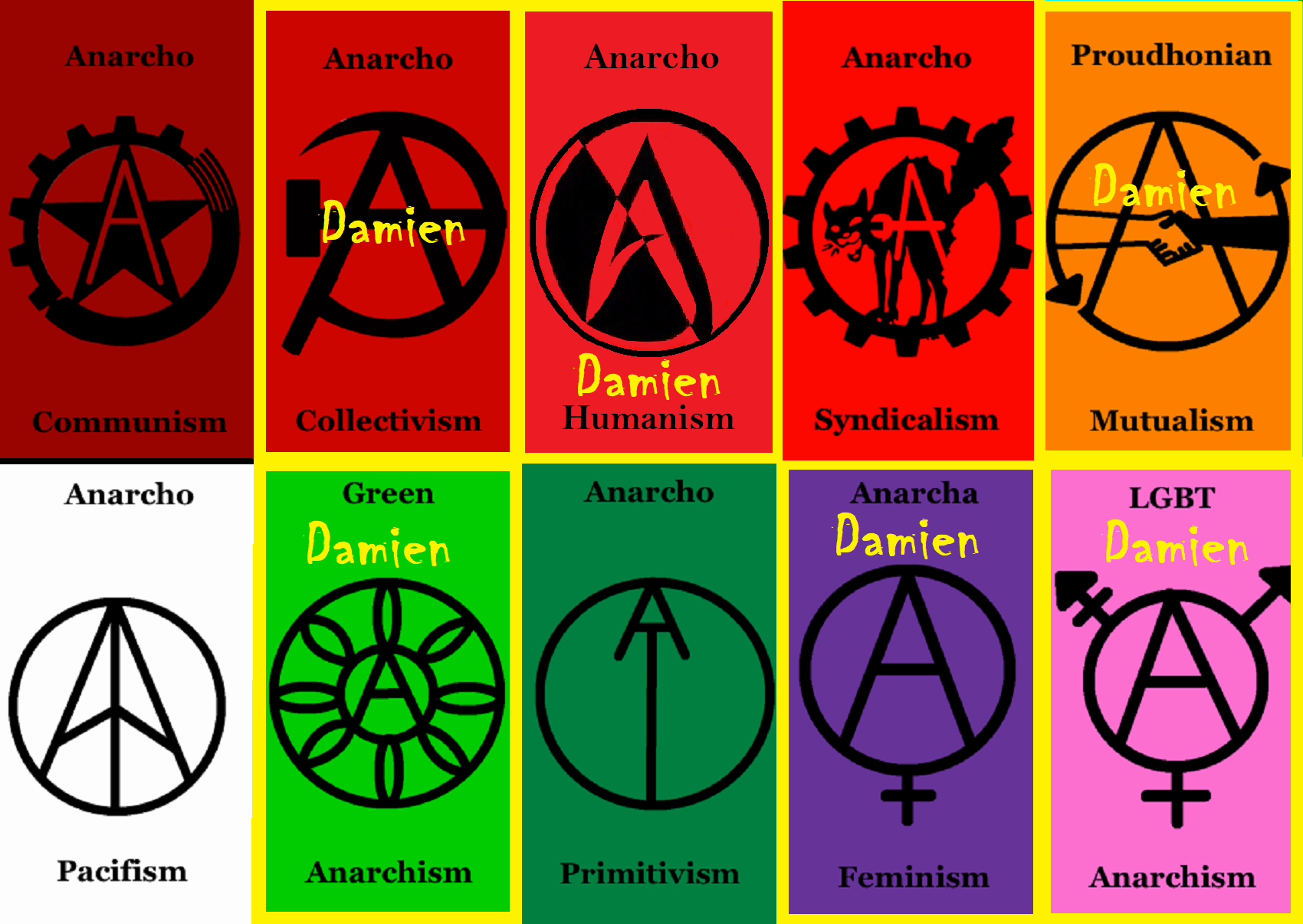
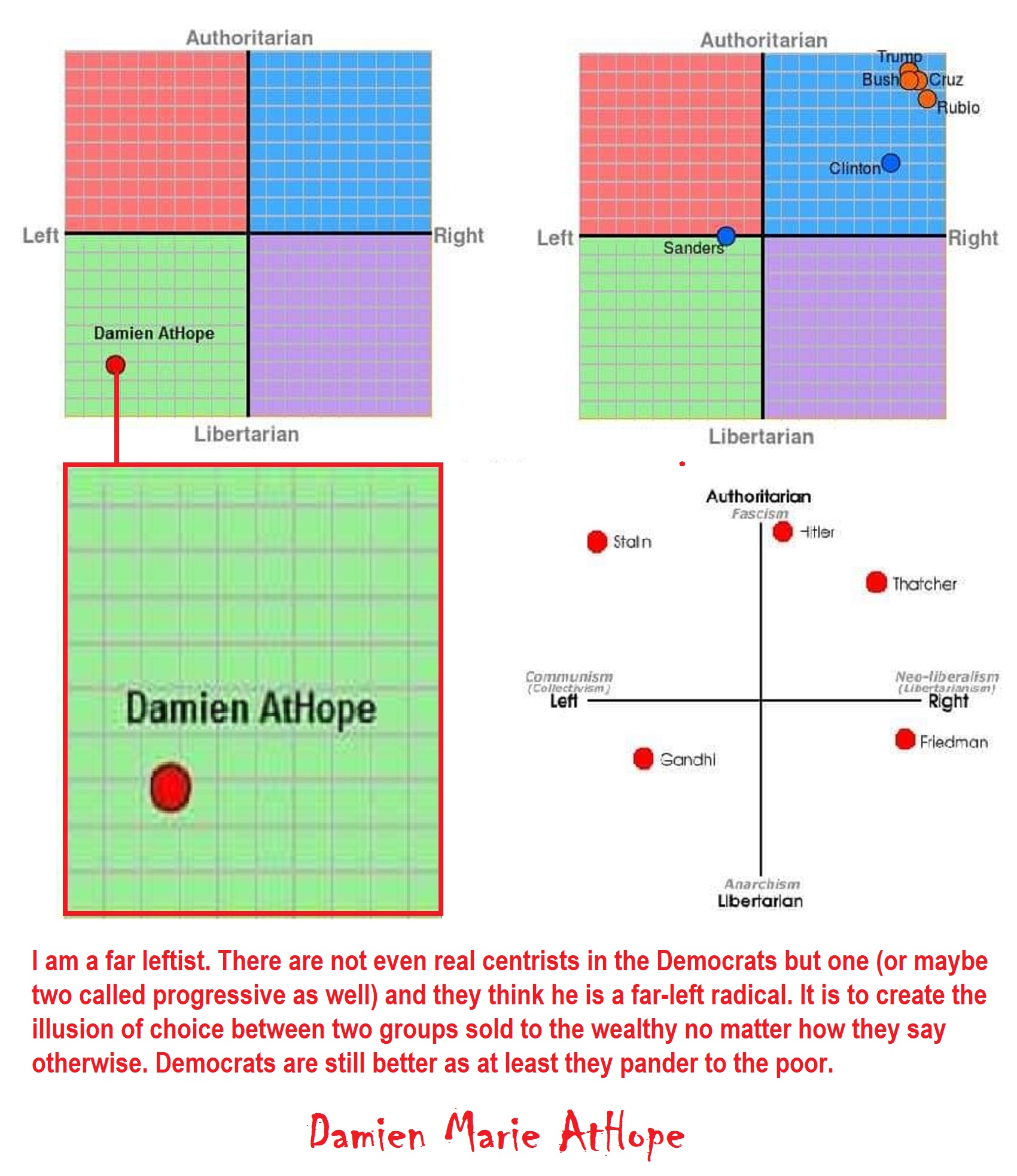
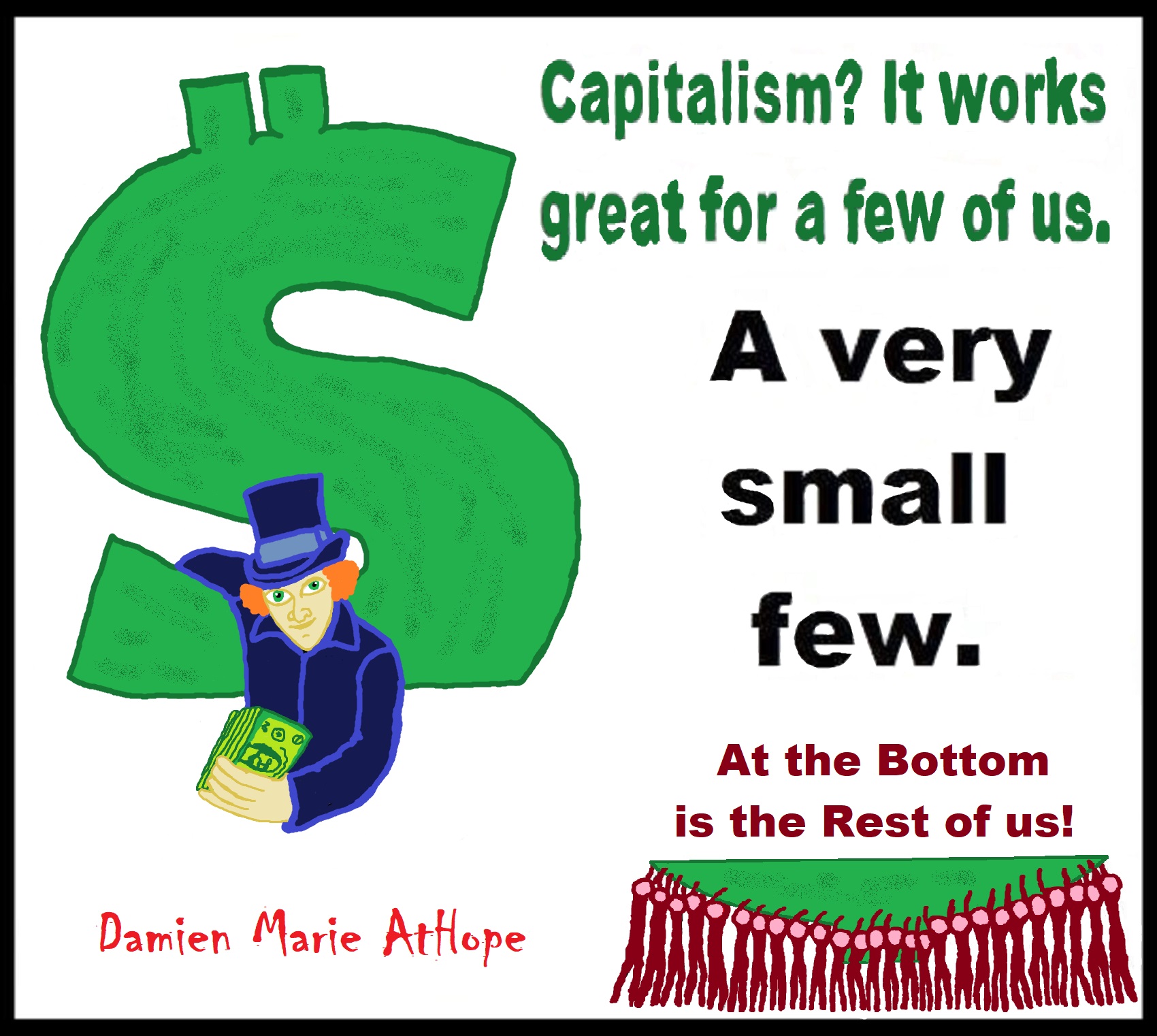
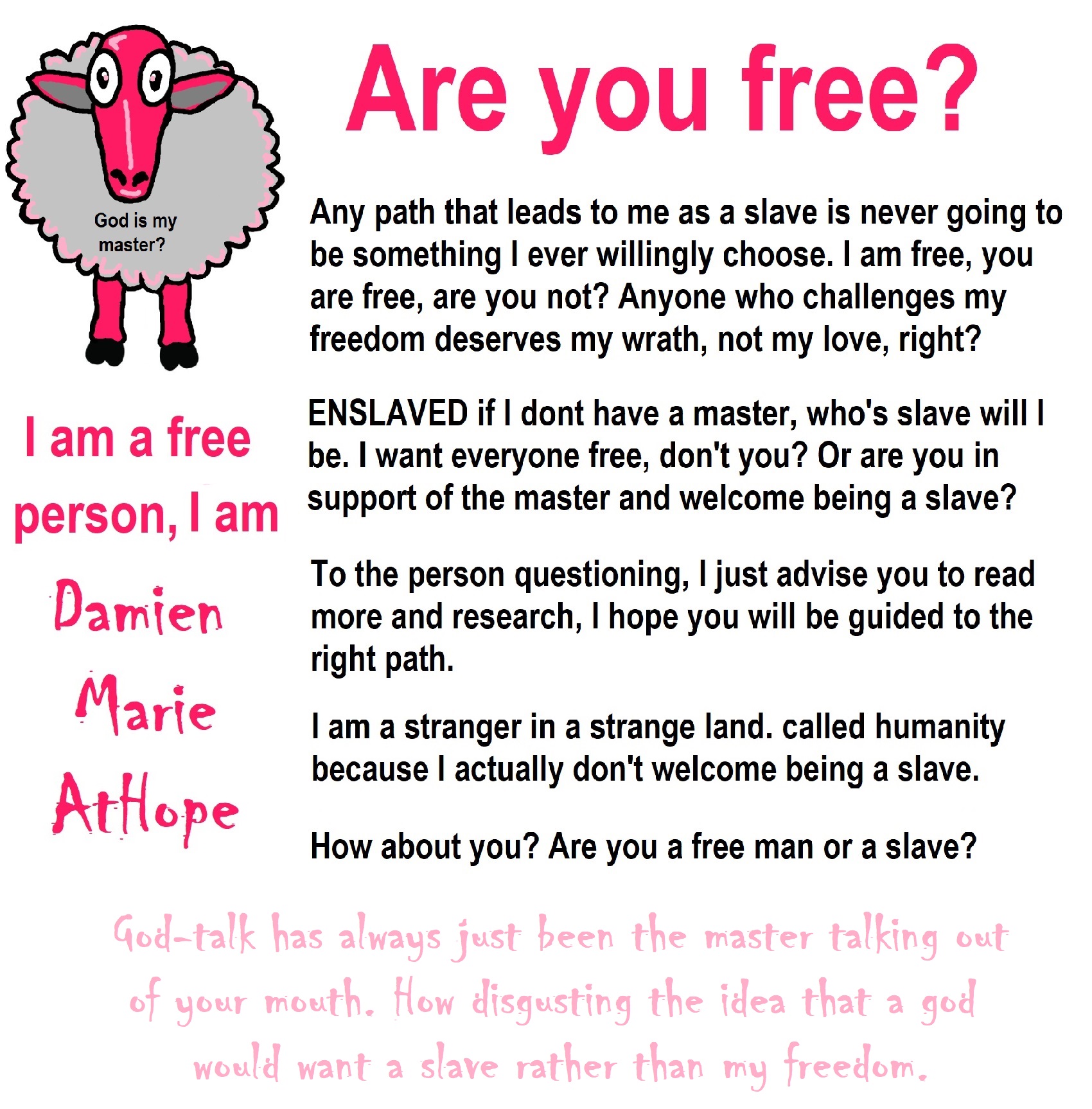

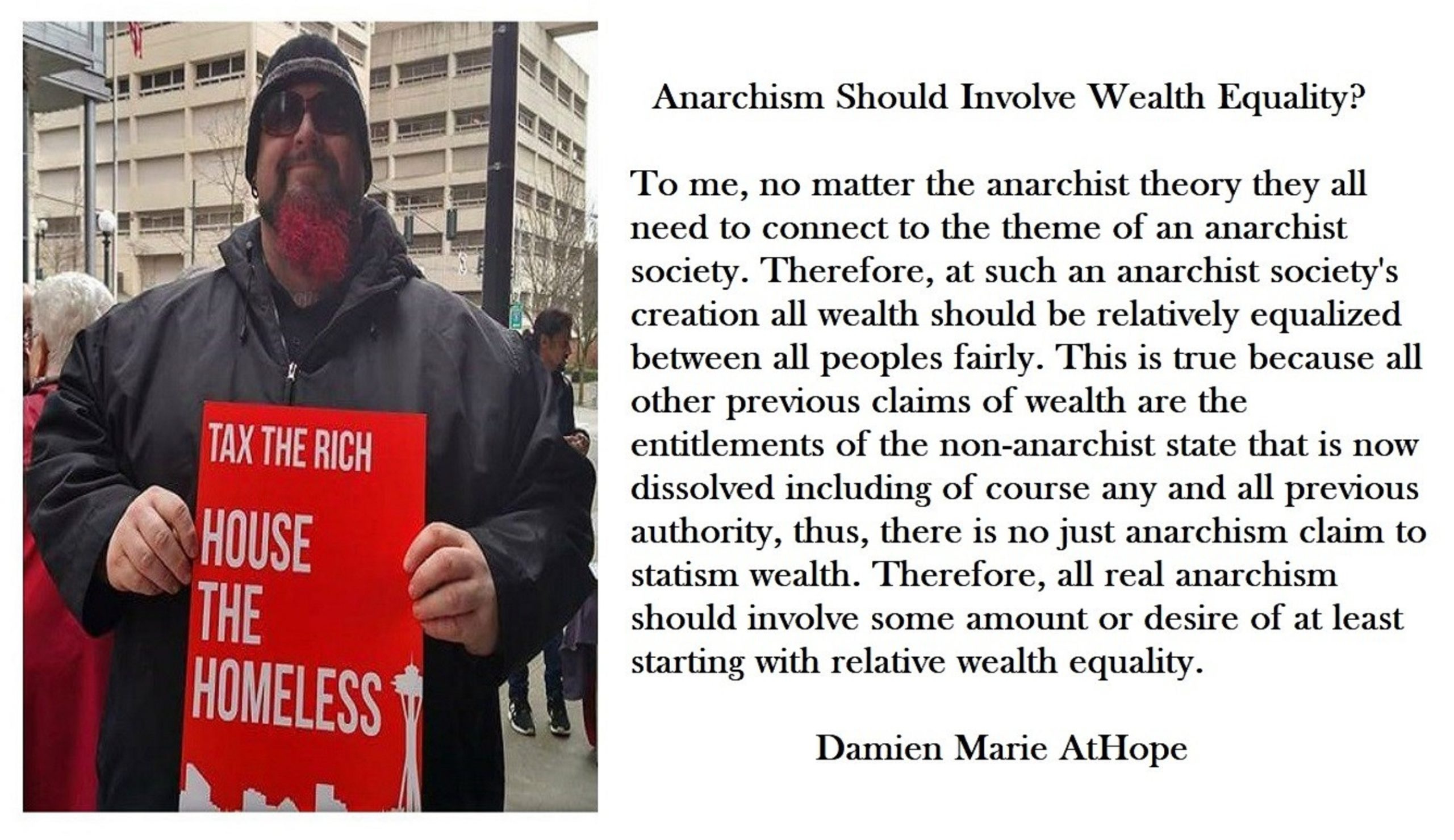
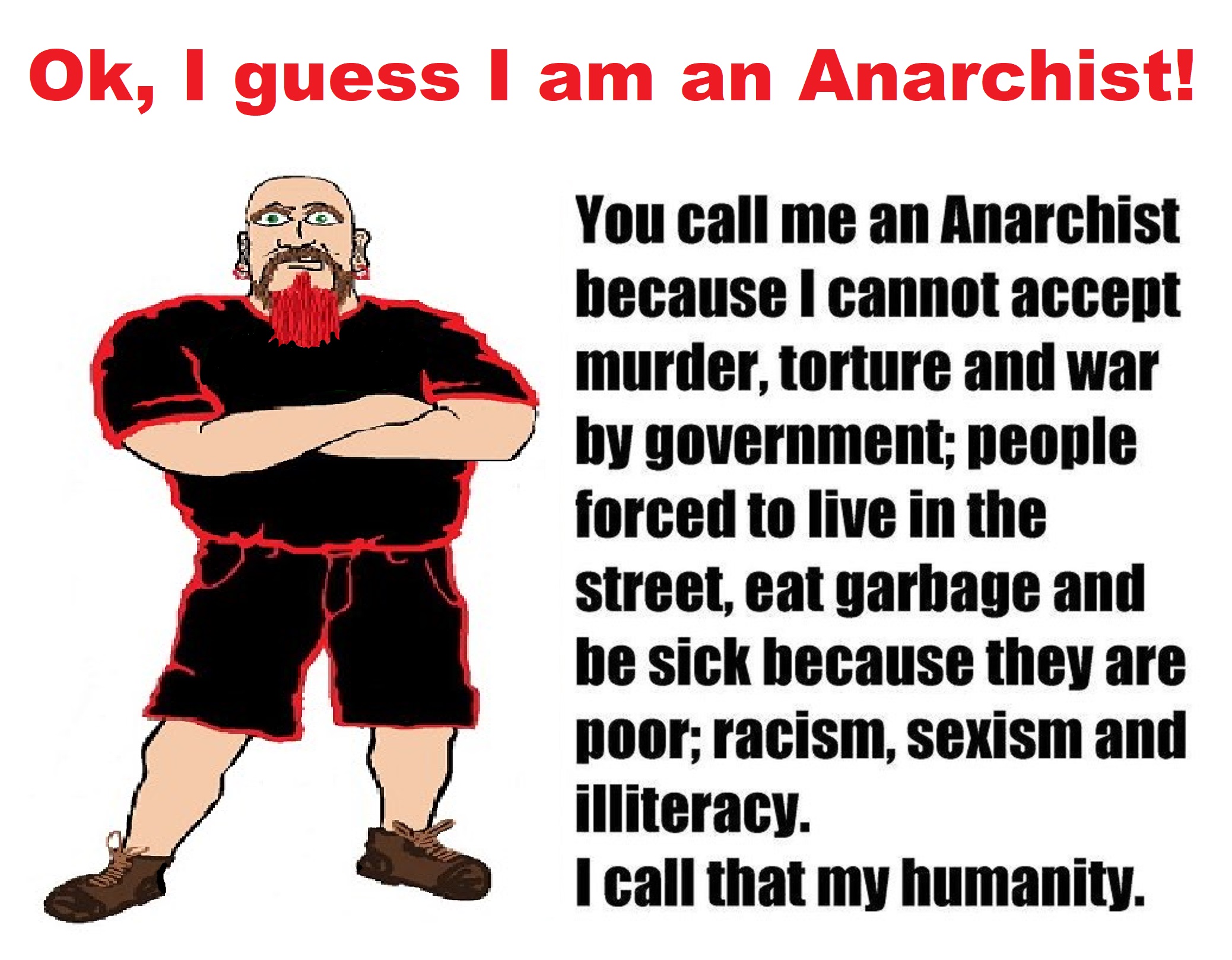
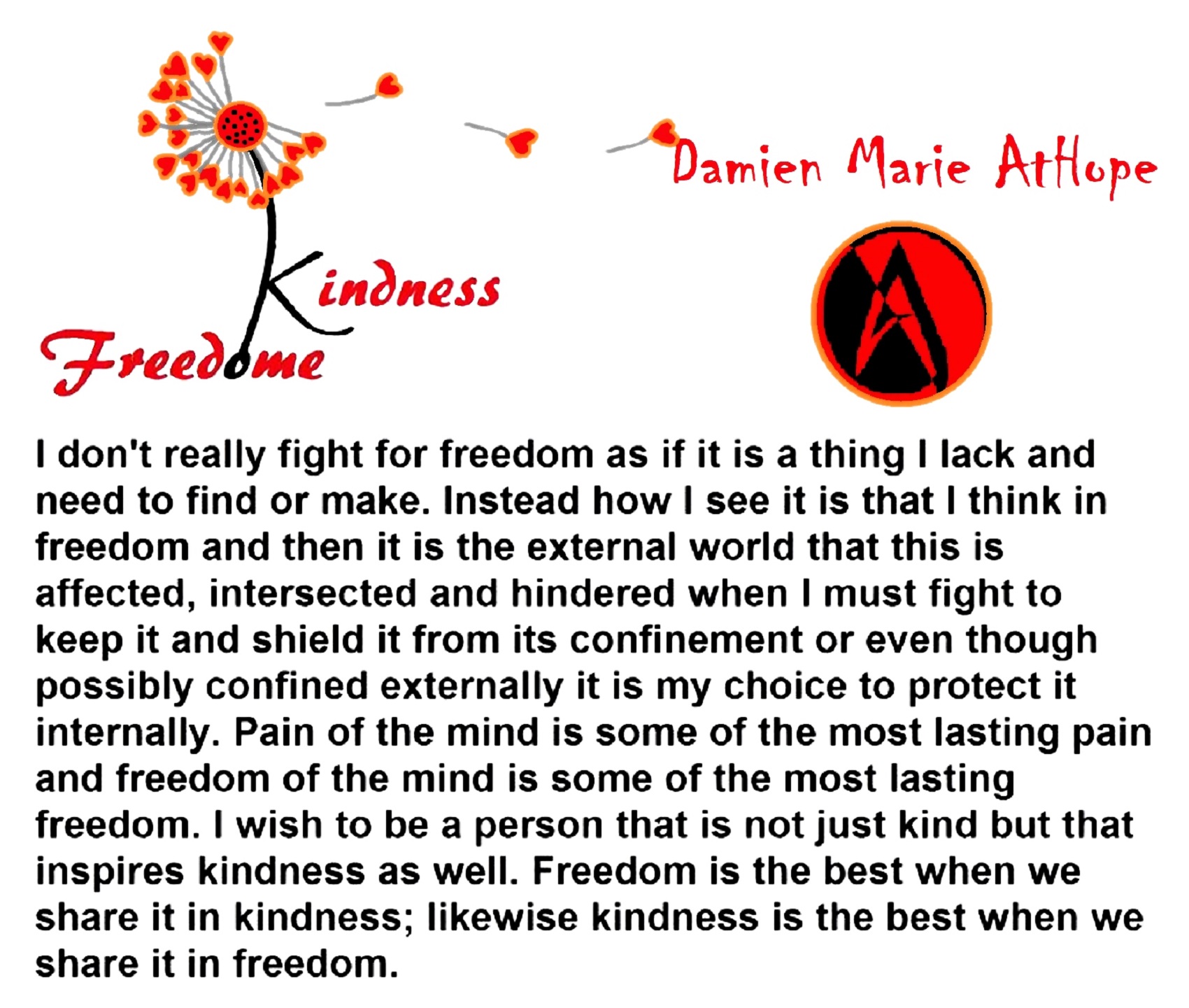
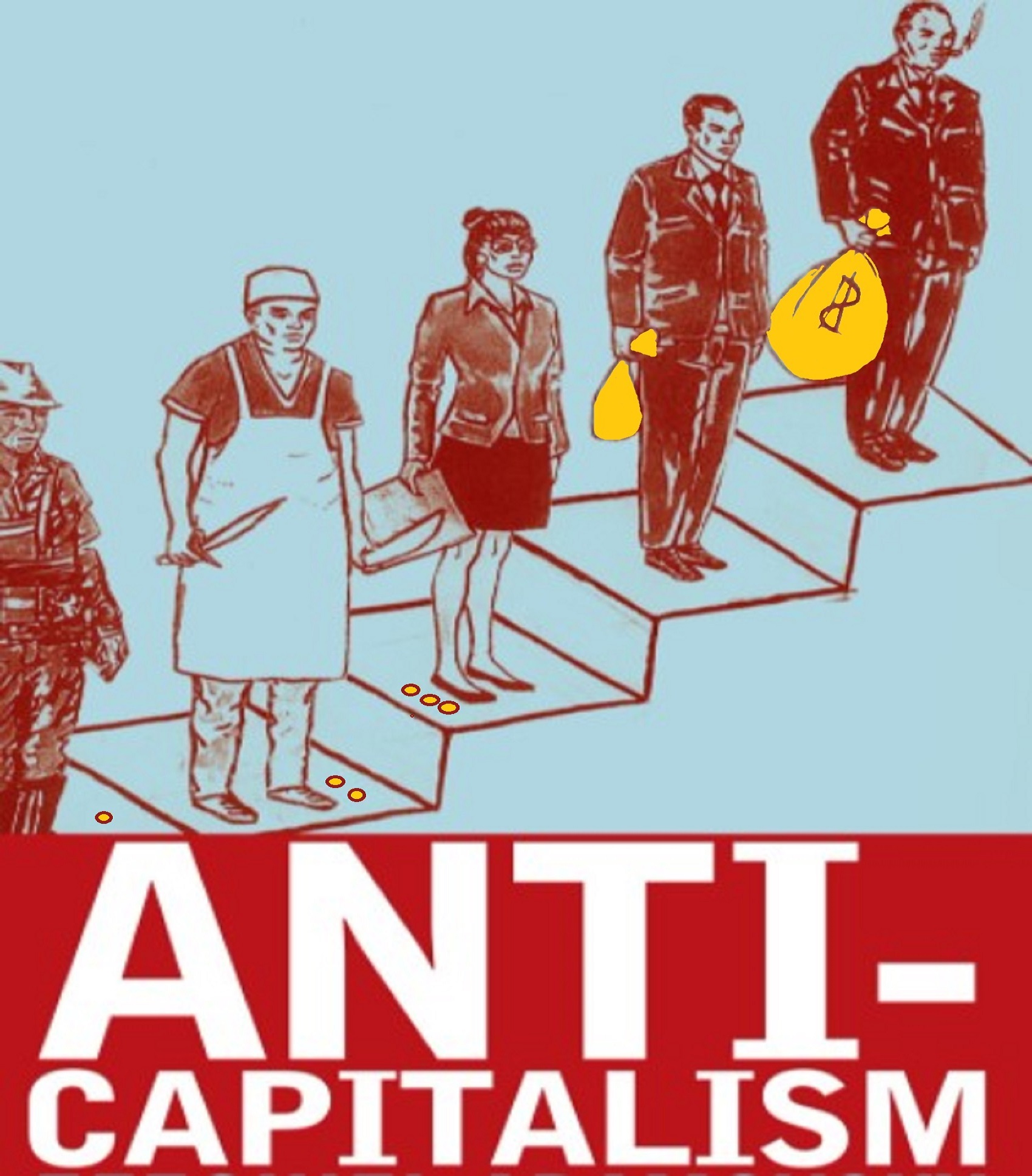
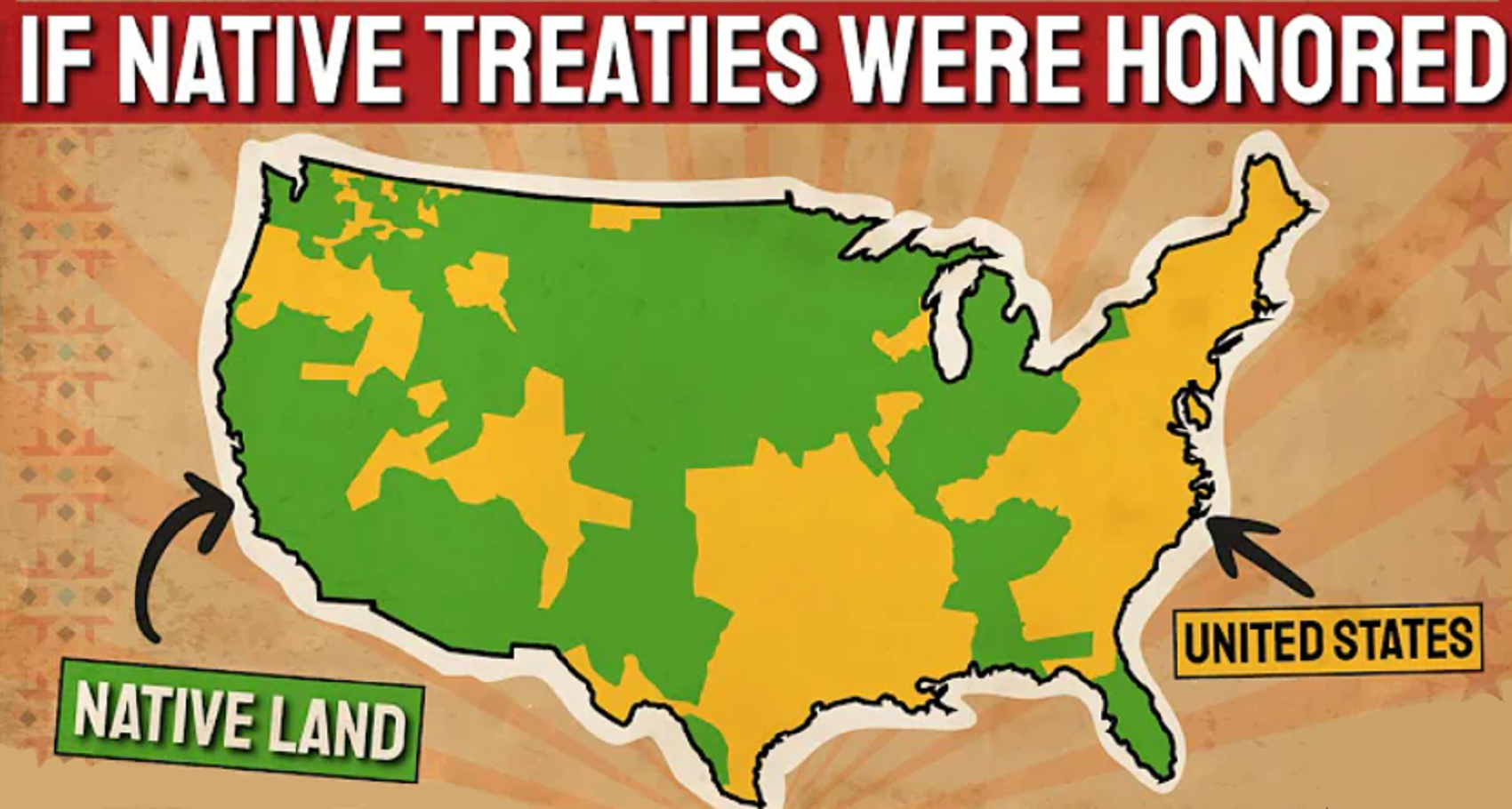
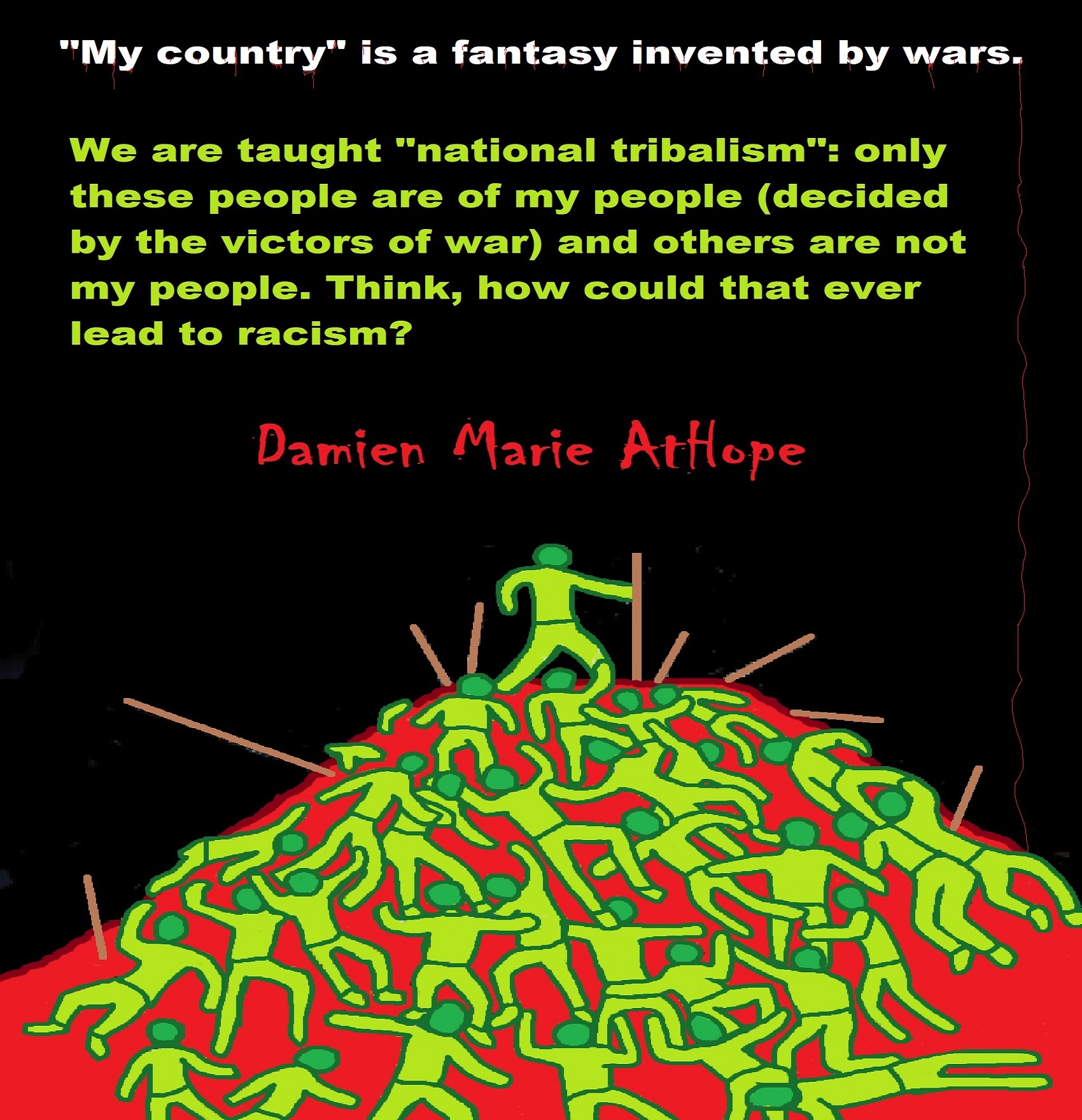


“Theists, there has to be a god, as something can not come from nothing.”
Well, thus something (unknown) happened and then there was something. This does not tell us what the something that may have been involved with something coming from nothing. A supposed first cause, thus something (unknown) happened and then there was something is not an open invitation to claim it as known, neither is it justified to call or label such an unknown as anything, especially an unsubstantiated magical thinking belief born of mythology and religious storytelling.

While hallucinogens are associated with shamanism, it is alcohol that is associated with paganism.
The Atheist-Humanist-Leftist Revolutionaries Shows in the prehistory series:
Show two: Pre-animism 300,000 years old and animism 100,000 years old: related to “Anarchism and Socialism”
Show tree: Totemism 50,000 years old: related to “Anarchism and Socialism”
Show four: Shamanism 30,000 years old: related to “Anarchism and Socialism”
Show five: Paganism 12,000 years old: related to “Anarchism and Socialism”
Show six: Emergence of hierarchy, sexism, slavery, and the new male god dominance: Paganism 7,000-5,000 years old: related to “Anarchism and Socialism” (Capitalism) (World War 0) Elite and their slaves!
Prehistory: related to “Anarchism and Socialism” the division of labor, power, rights, and recourses: VIDEO
Pre-animism 300,000 years old and animism 100,000 years old: related to “Anarchism and Socialism”: VIDEO
Totemism 50,000 years old: related to “Anarchism and Socialism”: VIDEO
Shamanism 30,000 years old: related to “Anarchism and Socialism”: VIDEO
Paganism 12,000 years old: related to “Anarchism and Socialism” (Pre-Capitalism): VIDEO
Paganism 7,000-5,000 years old: related to “Anarchism and Socialism” (Capitalism) (World War 0) Elite and their slaves: VIEDO
Paganism 5,000 years old: progressed organized religion and the state: related to “Anarchism and Socialism” (Kings and the Rise of the State): VIEDO
Paganism 4,000 years old: related to “Anarchism and Socialism” (First Moralistic gods, then the Origin time of Monotheism): VIEDO
I do not hate simply because I challenge and expose myths or lies any more than others being thought of as loving simply because of the protection and hiding from challenge their favored myths or lies.
The truth is best championed in the sunlight of challenge.
An archaeologist once said to me “Damien religion and culture are very different”
My response, So are you saying that was always that way, such as would you say Native Americans’ cultures are separate from their religions? And do you think it always was the way you believe?
I had said that religion was a cultural product. That is still how I see it and there are other archaeologists that think close to me as well. Gods too are the myths of cultures that did not understand science or the world around them, seeing magic/supernatural everywhere.
I personally think there is a goddess and not enough evidence to support a male god at Çatalhöyük but if there was both a male and female god and goddess then I know the kind of gods they were like Proto-Indo-European mythology.
This series idea was addressed in, Anarchist Teaching as Free Public Education or Free Education in the Public: VIDEO
Our 12 video series: Organized Oppression: Mesopotamian State Force and the Politics of power (9,000-4,000 years ago), is adapted from: The Complete and Concise History of the Sumerians and Early Bronze Age Mesopotamia (7000-2000 BC): https://www.youtube.com/watch?v=szFjxmY7jQA by “History with Cy“
Show #1: Mesopotamian State Force and the Politics of Power (Samarra, Halaf, Ubaid)
Show #2: Mesopotamian State Force and the Politics of Power
Show #3: Mesopotamian State Force and the Politics of Power (Uruk and the First Cities)
Show #4: Mesopotamian State Force and the Politics of Power (First Kings)
Show #5: Mesopotamian State Force and the Politics of Power (Early Dynastic Period)
Show #6: Mesopotamian State Force and the Politics of Power
Show #7: Mesopotamian State Force and the Politics of Power (Sargon and Akkadian Rule)
Show #9: Mesopotamian State Force and the Politics of Power (Gudea of Lagash and Utu-hegal)
Show #12: Mesopotamian State Force and the Politics of Power (Aftermath and Legacy of Sumer)

The “Atheist-Humanist-Leftist Revolutionaries”
Cory Johnston ☭ Ⓐ Atheist Leftist @Skepticallefty & I (Damien Marie AtHope) @AthopeMarie (my YouTube & related blog) are working jointly in atheist, antitheist, antireligionist, antifascist, anarchist, socialist, and humanist endeavors in our videos together, generally, every other Saturday.
Why Does Power Bring Responsibility?
Think, how often is it the powerless that start wars, oppress others, or commit genocide? So, I guess the question is to us all, to ask, how can power not carry responsibility in a humanity concept? I know I see the deep ethical responsibility that if there is power their must be a humanistic responsibility of ethical and empathic stewardship of that power. Will I be brave enough to be kind? Will I possess enough courage to be compassionate? Will my valor reach its height of empathy? I as everyone, earns our justified respect by our actions, that are good, ethical, just, protecting, and kind. Do I have enough self-respect to put my love for humanity’s flushing, over being brought down by some of its bad actors? May we all be the ones doing good actions in the world, to help human flourishing.
I create the world I want to live in, striving for flourishing. Which is not a place but a positive potential involvement and promotion; a life of humanist goal precision. To master oneself, also means mastering positive prosocial behaviors needed for human flourishing. I may have lost a god myth as an atheist, but I am happy to tell you, my friend, it is exactly because of that, leaving the mental terrorizer, god belief, that I truly regained my connected ethical as well as kind humanity.
Cory and I will talk about prehistory and theism, addressing the relevance to atheism, anarchism, and socialism.
At the same time as the rise of the male god, 7,000 years ago, there was also the very time there was the rise of violence, war, and clans to kingdoms, then empires, then states. It is all connected back to 7,000 years ago, and it moved across the world.
Cory Johnston: https://damienmarieathope.com/2021/04/cory-johnston-mind-of-a-skeptical-leftist/?v=32aec8db952d
The Mind of a Skeptical Leftist (YouTube)
Cory Johnston: Mind of a Skeptical Leftist @Skepticallefty
The Mind of a Skeptical Leftist By Cory Johnston: “Promoting critical thinking, social justice, and left-wing politics by covering current events and talking to a variety of people. Cory Johnston has been thoughtfully talking to people and attempting to promote critical thinking, social justice, and left-wing politics.” http://anchor.fm/skepticalleft
Cory needs our support. We rise by helping each other.
Cory Johnston ☭ Ⓐ @Skepticallefty Evidence-based atheist leftist (he/him) Producer, host, and co-host of 4 podcasts @skeptarchy @skpoliticspod and @AthopeMarie
Damien Marie AtHope (“At Hope”) Axiological Atheist, Anti-theist, Anti-religionist, Secular Humanist. Rationalist, Writer, Artist, Poet, Philosopher, Advocate, Activist, Psychology, and Armchair Archaeology/Anthropology/Historian.
Damien is interested in: Freedom, Liberty, Justice, Equality, Ethics, Humanism, Science, Atheism, Antiteism, Antireligionism, Ignosticism, Left-Libertarianism, Anarchism, Socialism, Mutualism, Axiology, Metaphysics, LGBTQI, Philosophy, Advocacy, Activism, Mental Health, Psychology, Archaeology, Social Work, Sexual Rights, Marriage Rights, Woman’s Rights, Gender Rights, Child Rights, Secular Rights, Race Equality, Ageism/Disability Equality, Etc. And a far-leftist, “Anarcho-Humanist.”
I am not a good fit in the atheist movement that is mostly pro-capitalist, I am anti-capitalist. Mostly pro-skeptic, I am a rationalist not valuing skepticism. Mostly pro-agnostic, I am anti-agnostic. Mostly limited to anti-Abrahamic religions, I am an anti-religionist.
To me, the “male god” seems to have either emerged or become prominent around 7,000 years ago, whereas the now favored monotheism “male god” is more like 4,000 years ago or so. To me, the “female goddess” seems to have either emerged or become prominent around 11,000-10,000 years ago or so, losing the majority of its once prominence around 2,000 years ago due largely to the now favored monotheism “male god” that grow in prominence after 4,000 years ago or so.
My Thought on the Evolution of Gods?
Animal protector deities from old totems/spirit animal beliefs come first to me, 13,000/12,000 years ago, then women as deities 11,000/10,000 years ago, then male gods around 7,000/8,000 years ago. Moralistic gods around 5,000/4,000 years ago, and monotheistic gods around 4,000/3,000 years ago.
To me, animal gods were likely first related to totemism animals around 13,000 to 12,000 years ago or older. Female as goddesses was next to me, 11,000 to 10,000 years ago or so with the emergence of agriculture. Then male gods come about 8,000 to 7,000 years ago with clan wars. Many monotheism-themed religions started in henotheism, emerging out of polytheism/paganism.

Damien Marie AtHope (Said as “At” “Hope”)/(Autodidact Polymath but not good at math):
Axiological Atheist, Anti-theist, Anti-religionist, Secular Humanist, Rationalist, Writer, Artist, Jeweler, Poet, “autodidact” Philosopher, schooled in Psychology, and “autodidact” Armchair Archaeology/Anthropology/Pre-Historian (Knowledgeable in the range of: 1 million to 5,000/4,000 years ago). I am an anarchist socialist politically. Reasons for or Types of Atheism
My Website, My Blog, & Short-writing or Quotes, My YouTube, Twitter: @AthopeMarie, and My Email: damien.marie.athope@gmail.com

